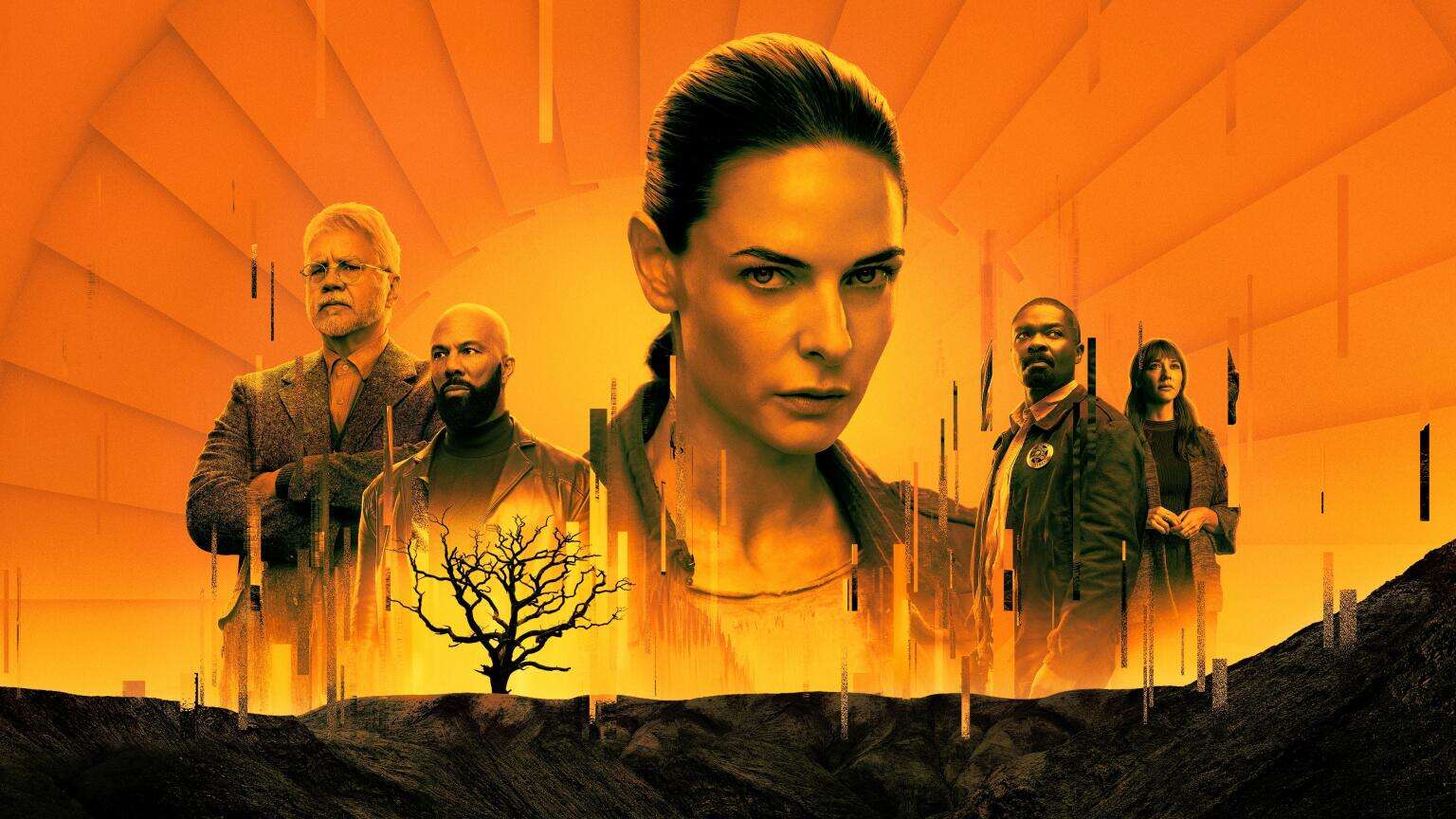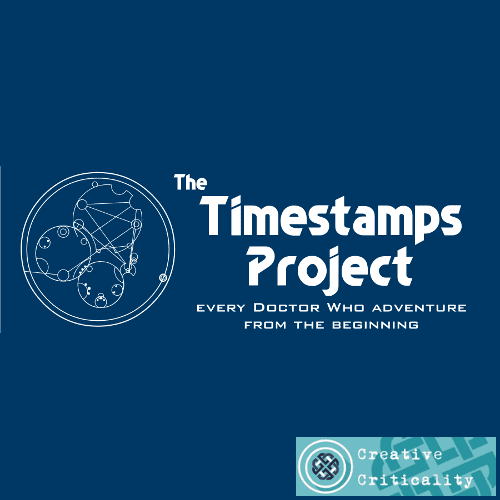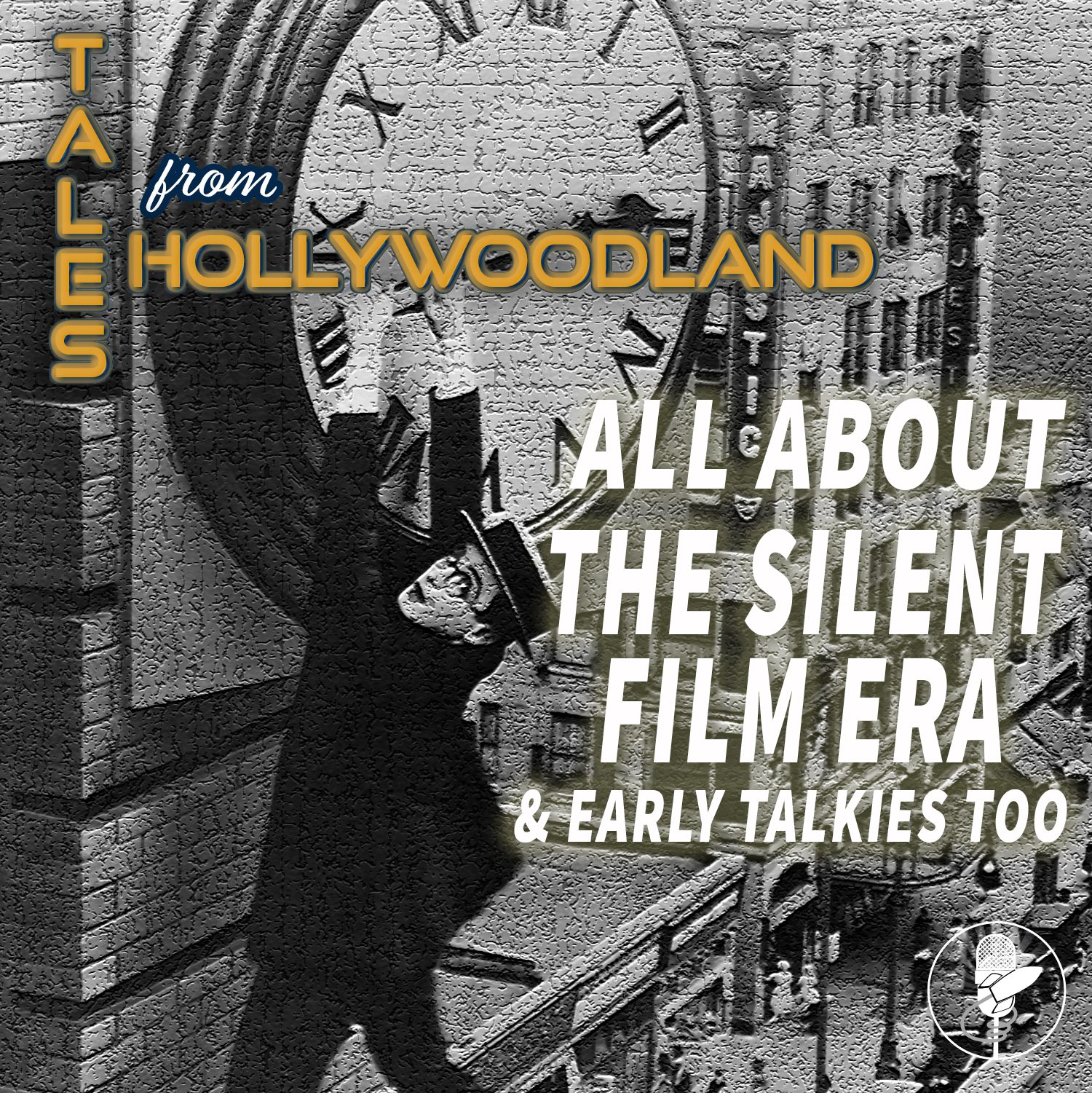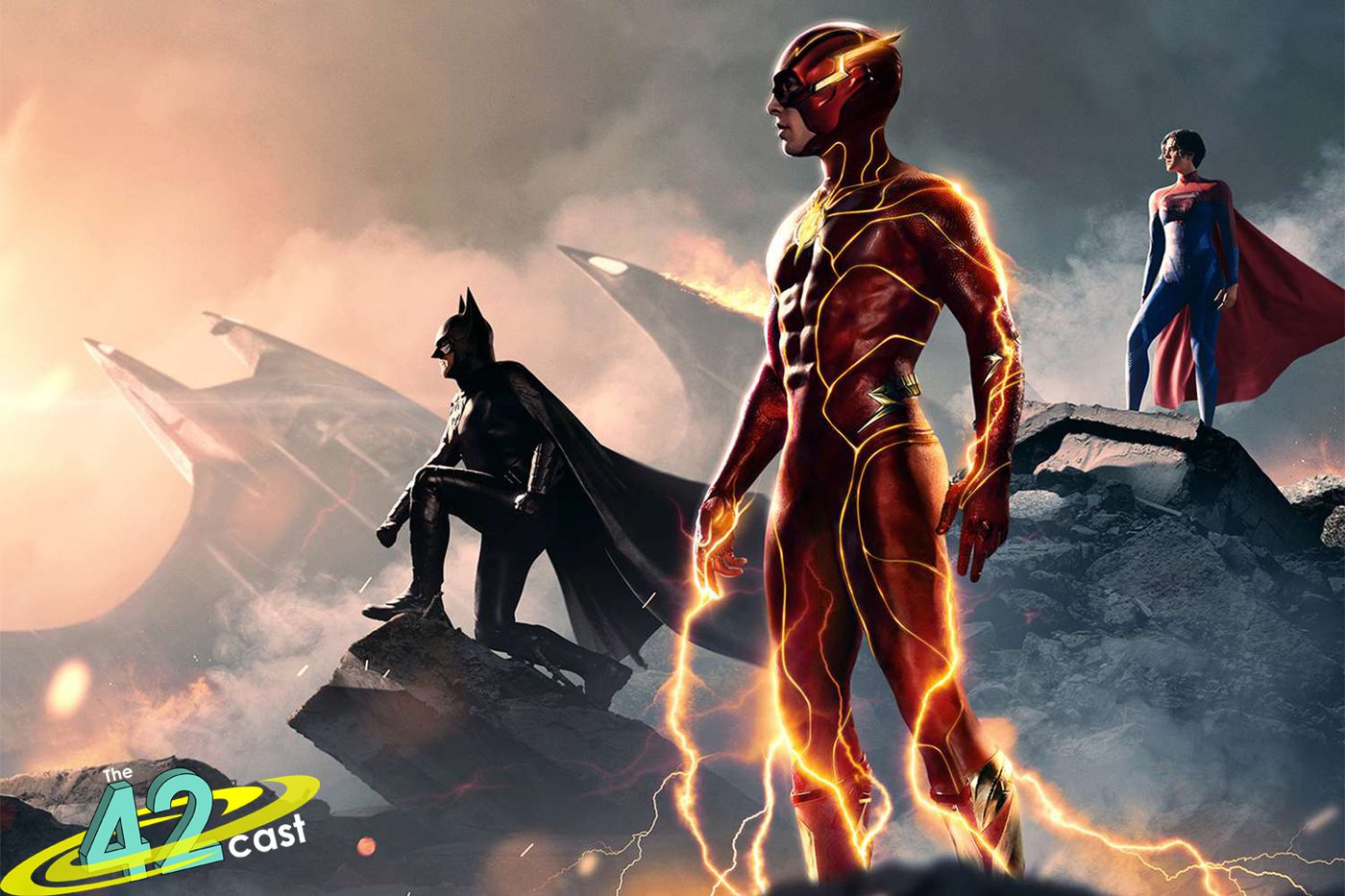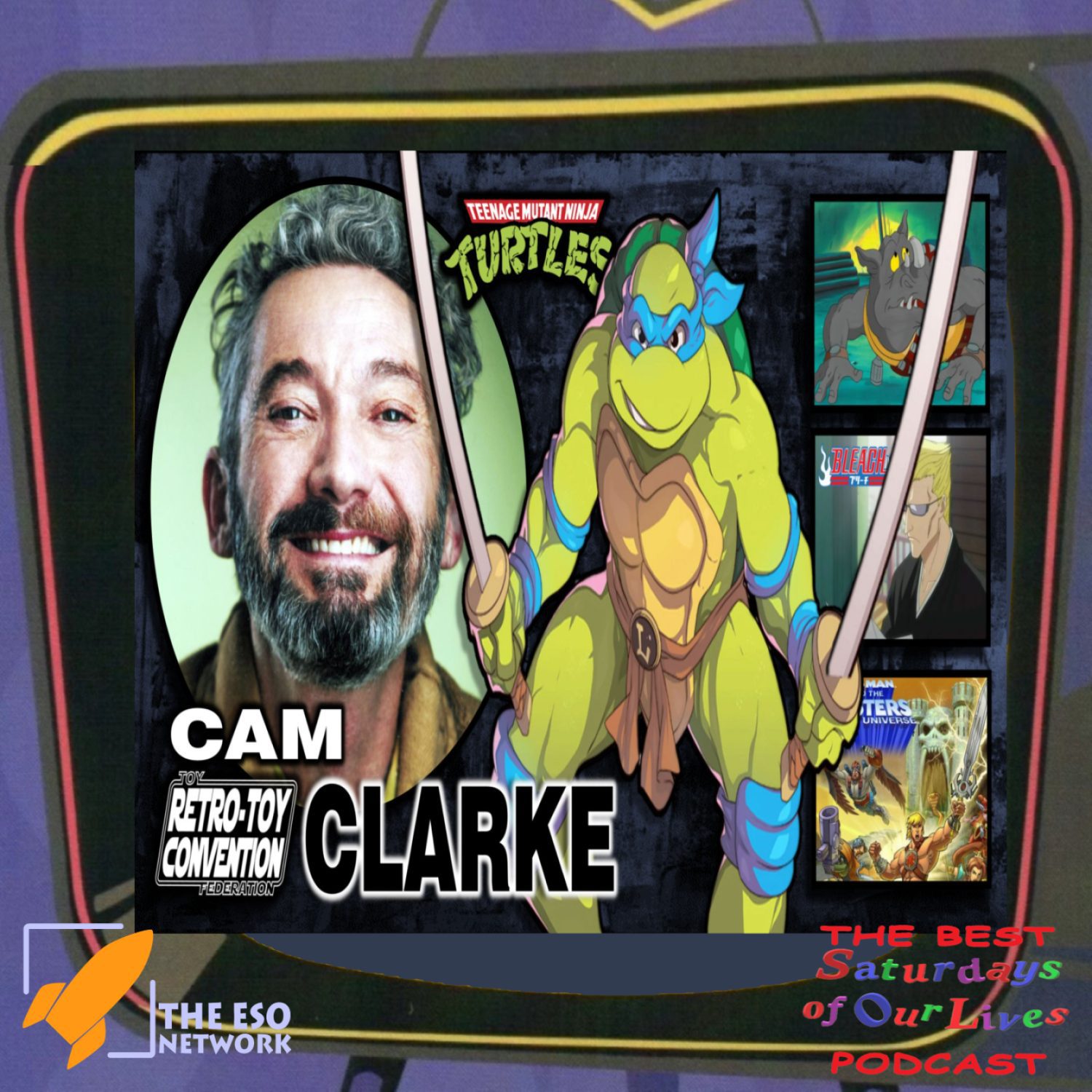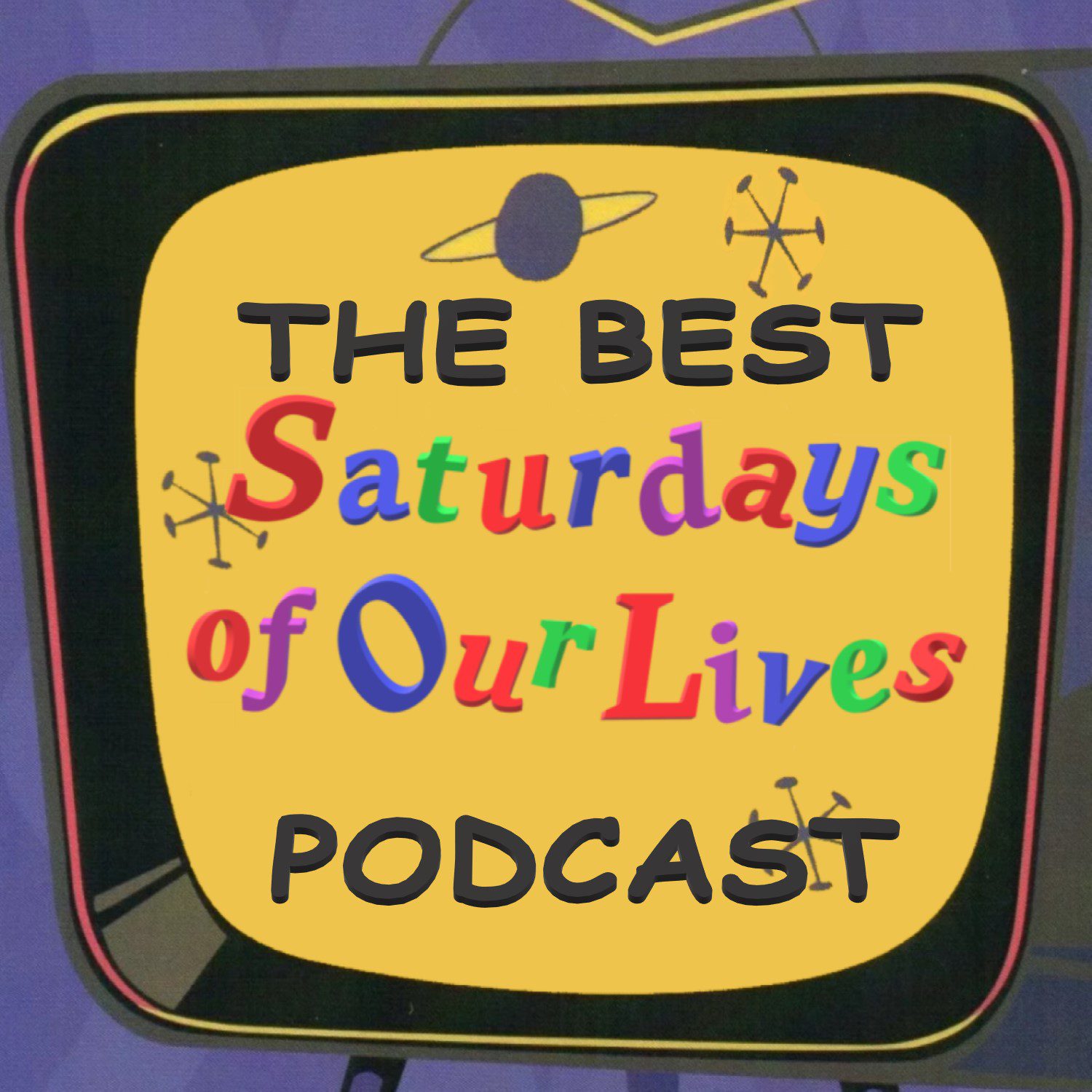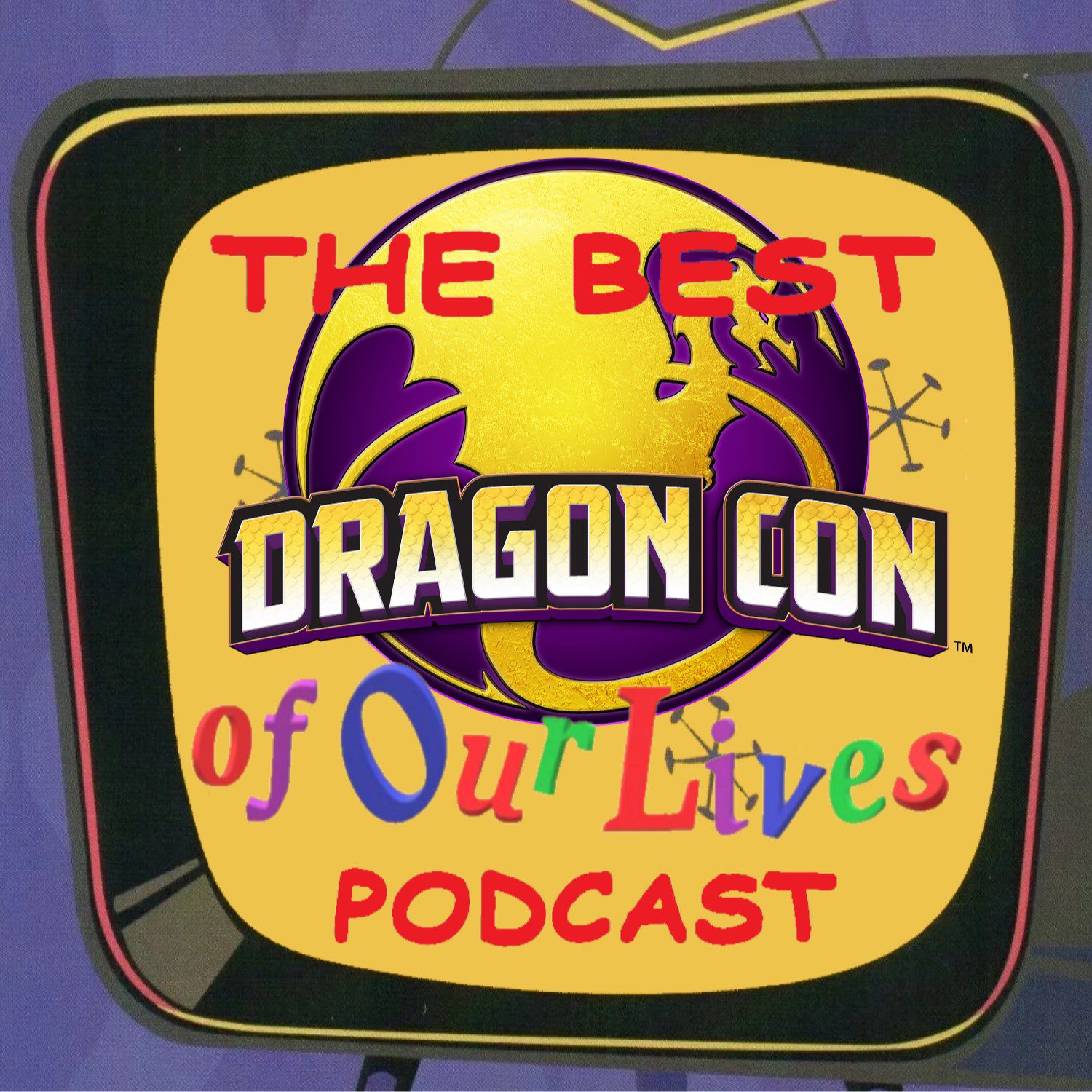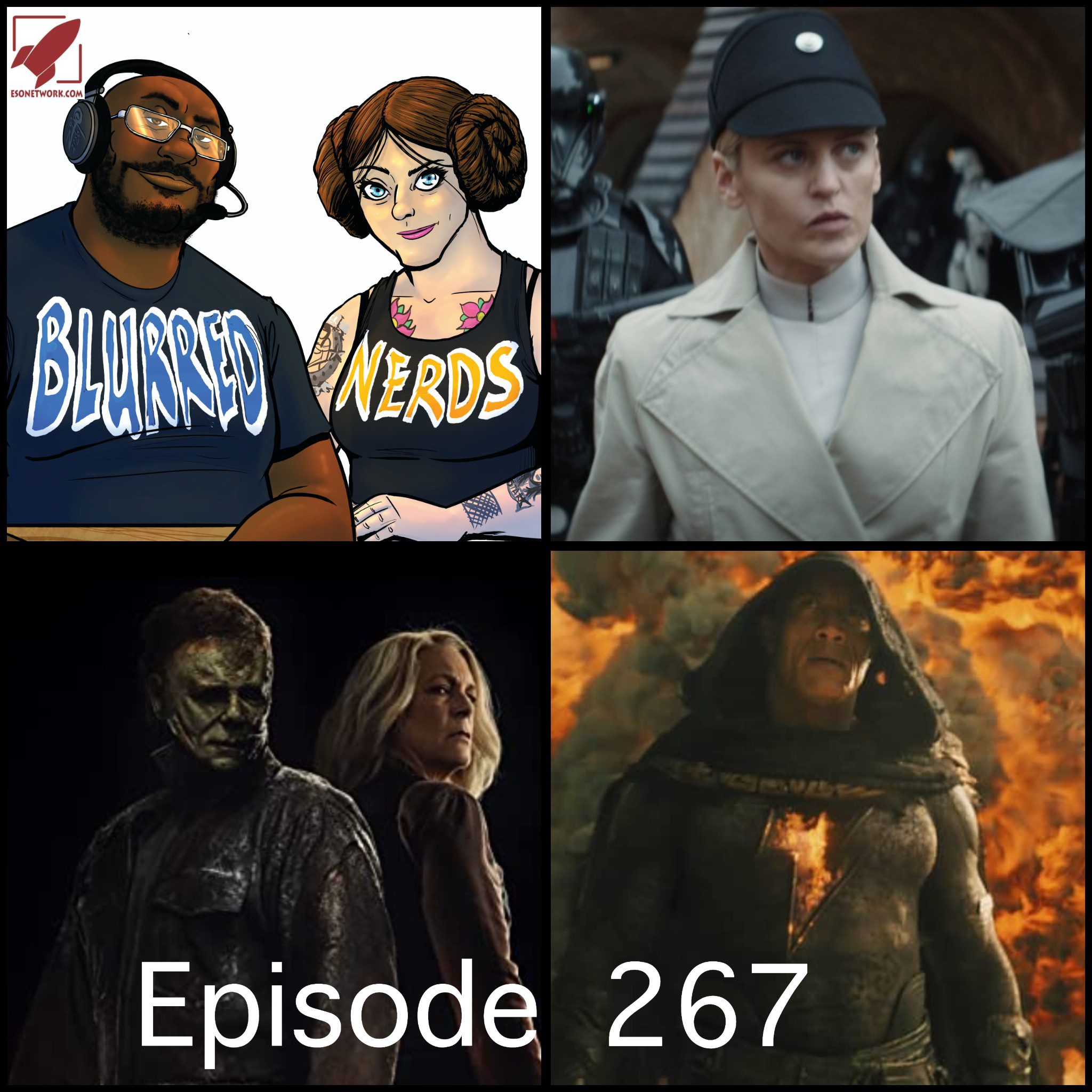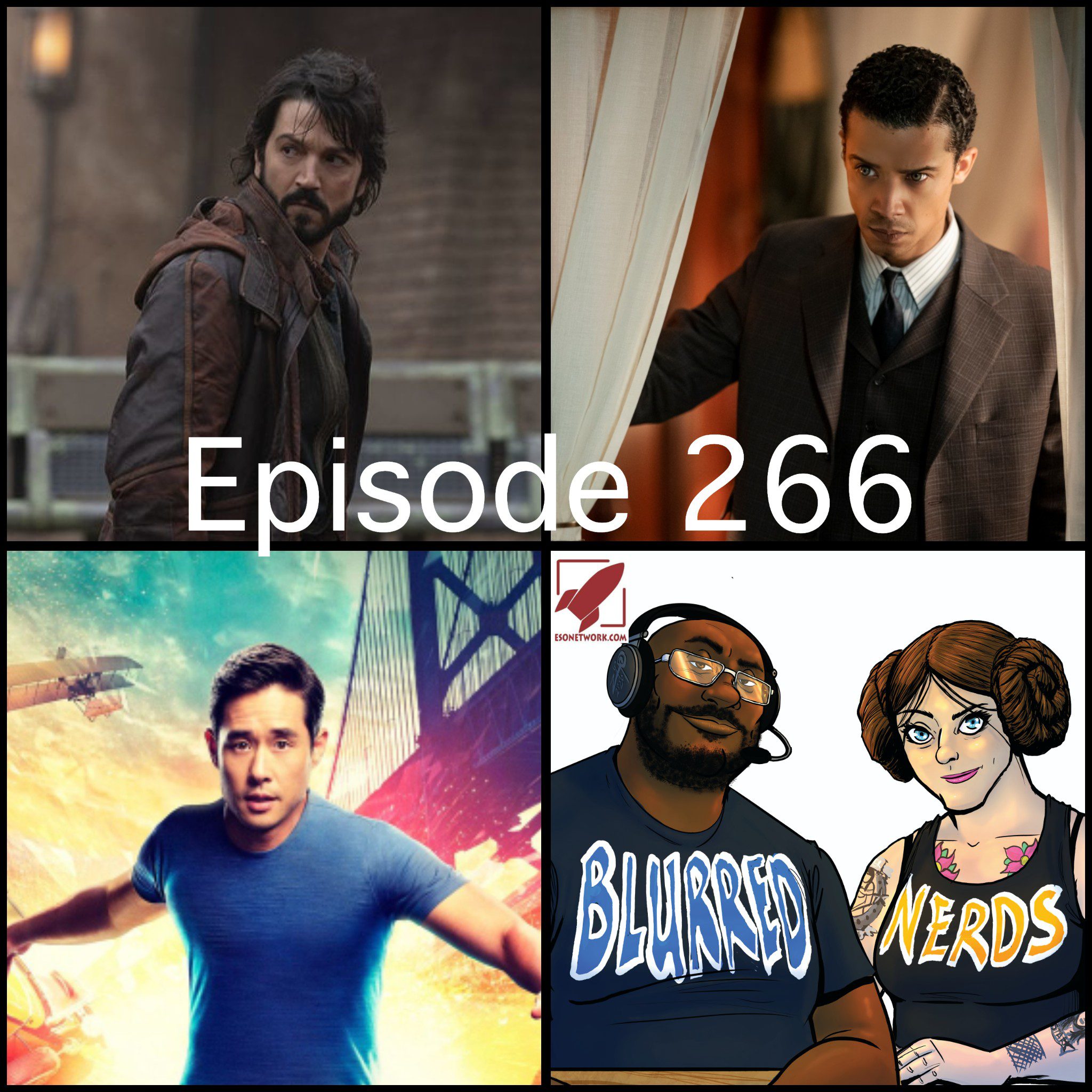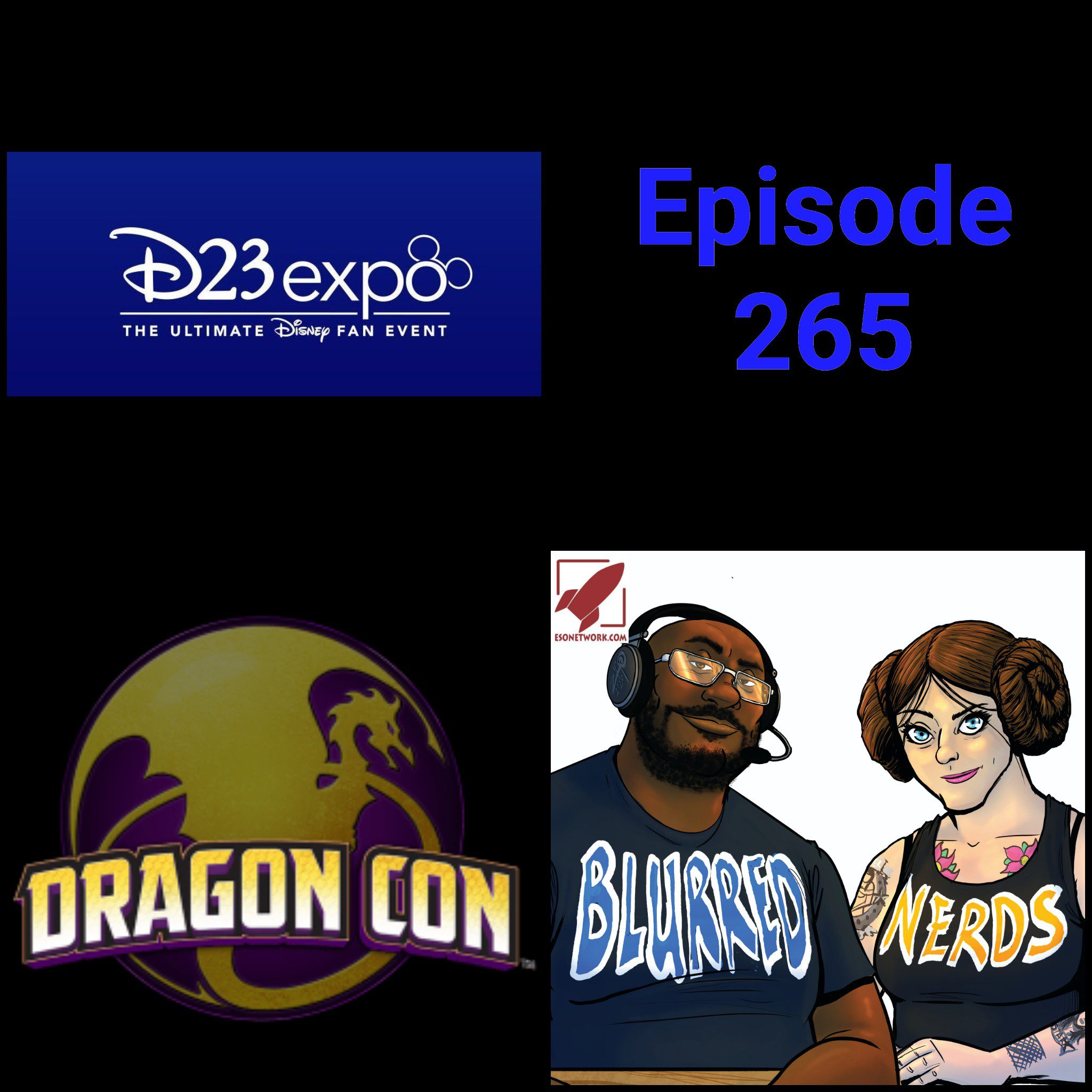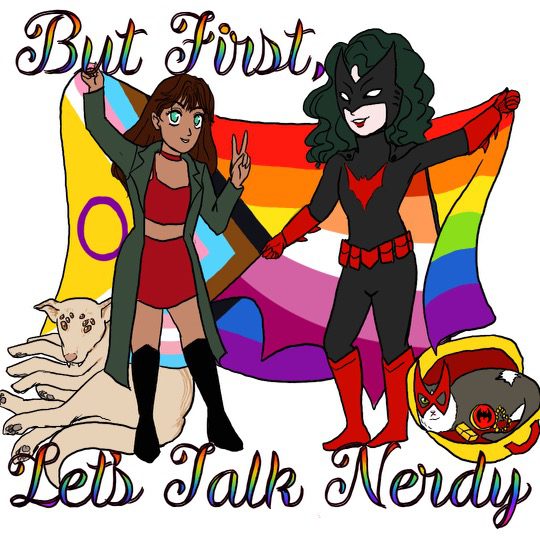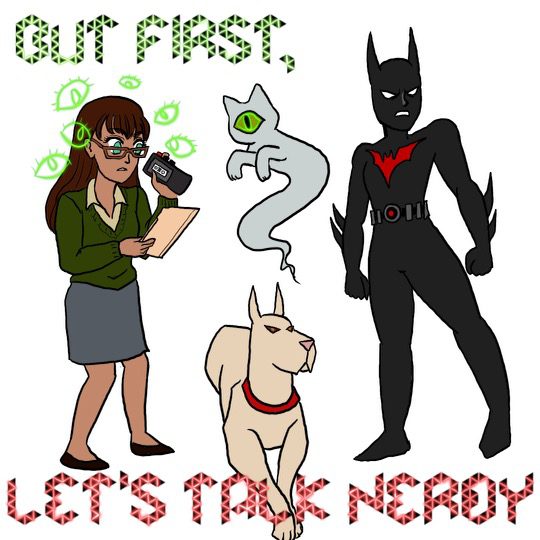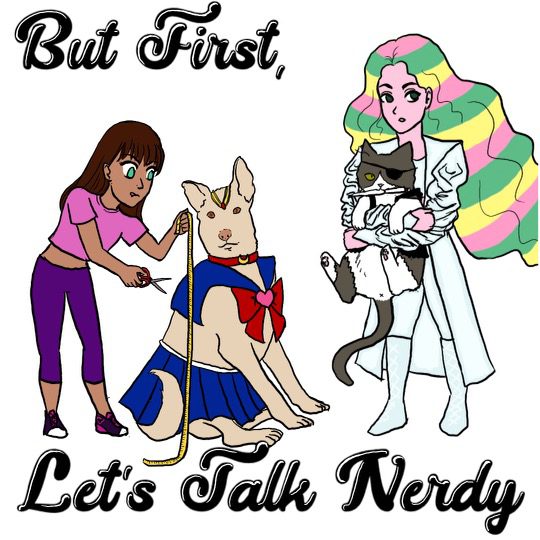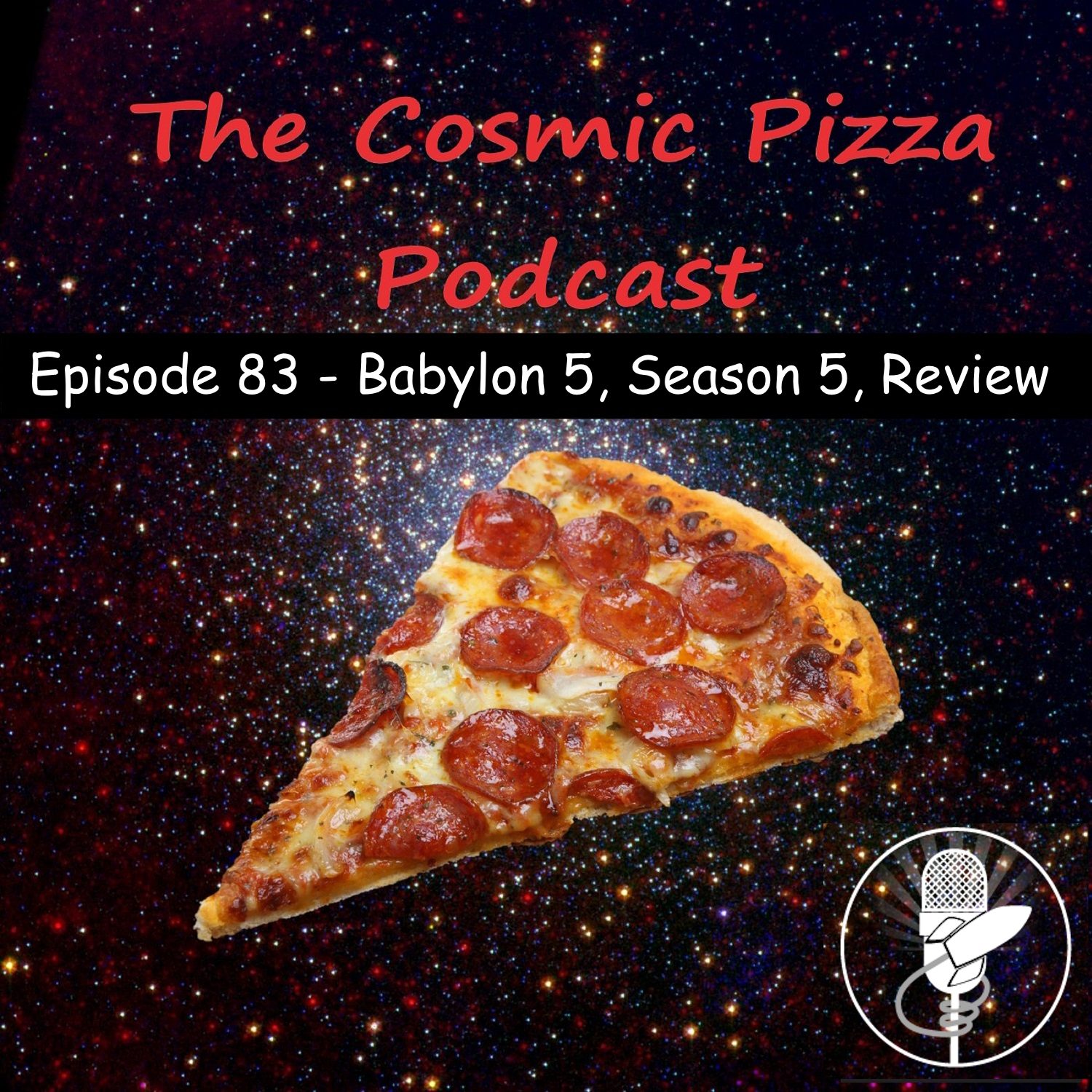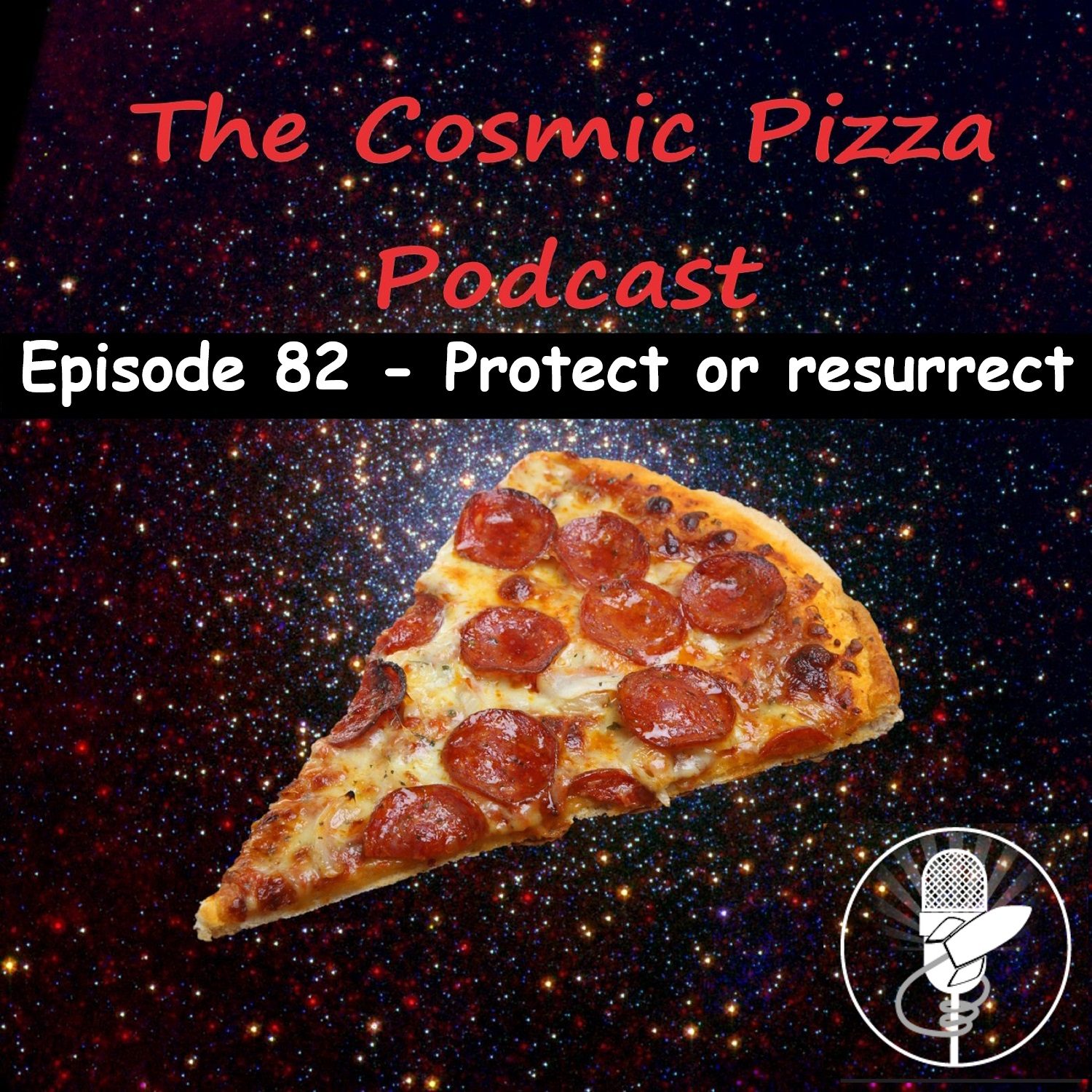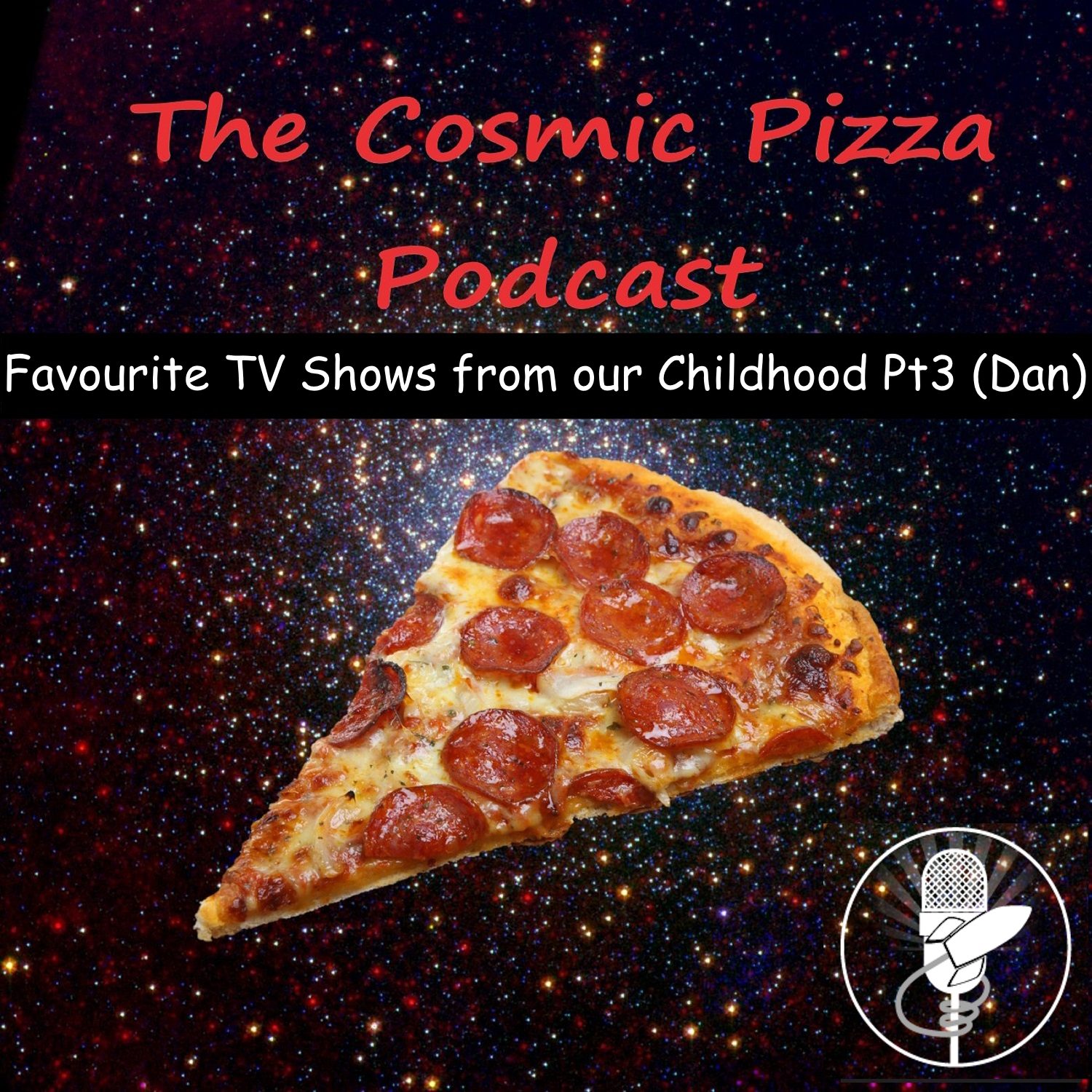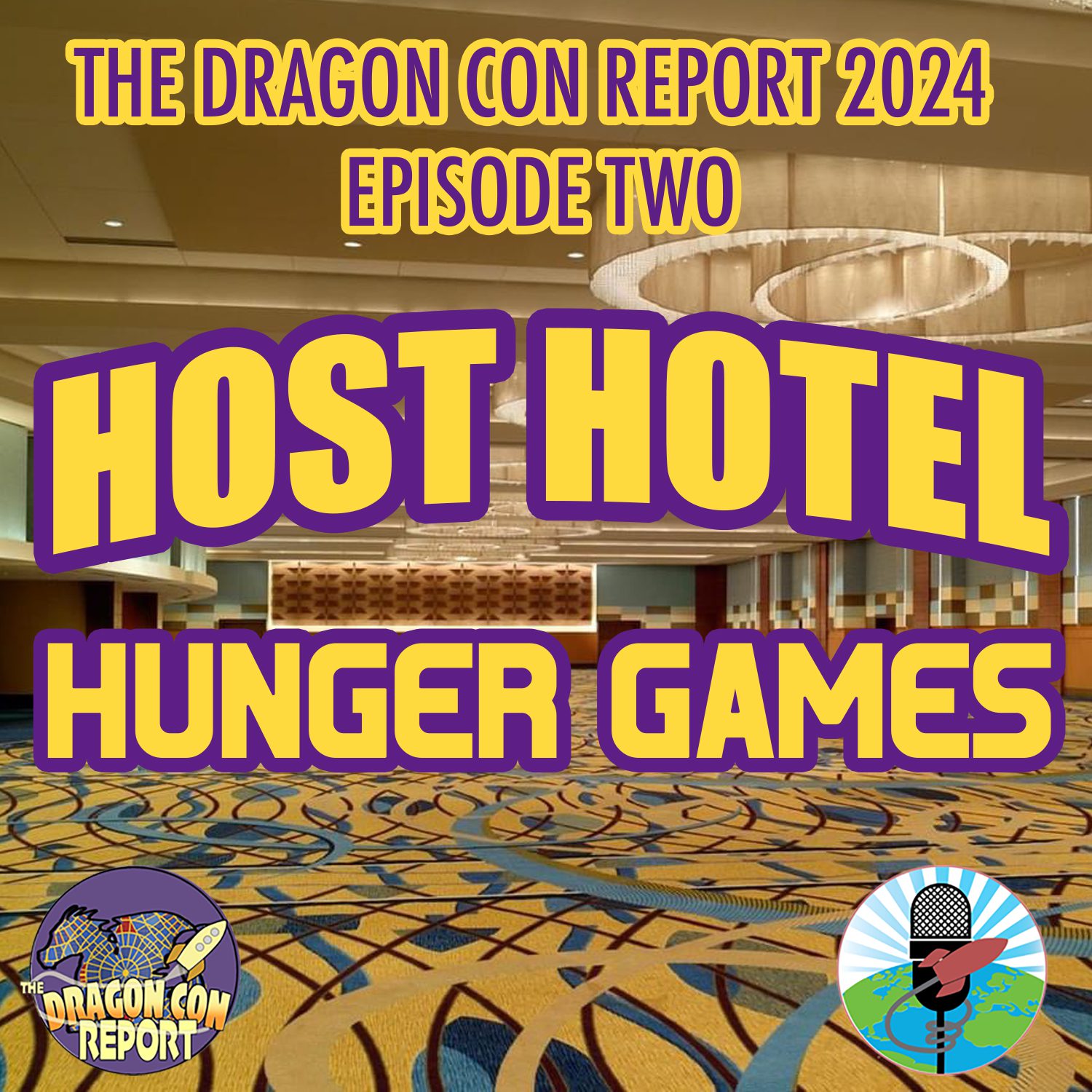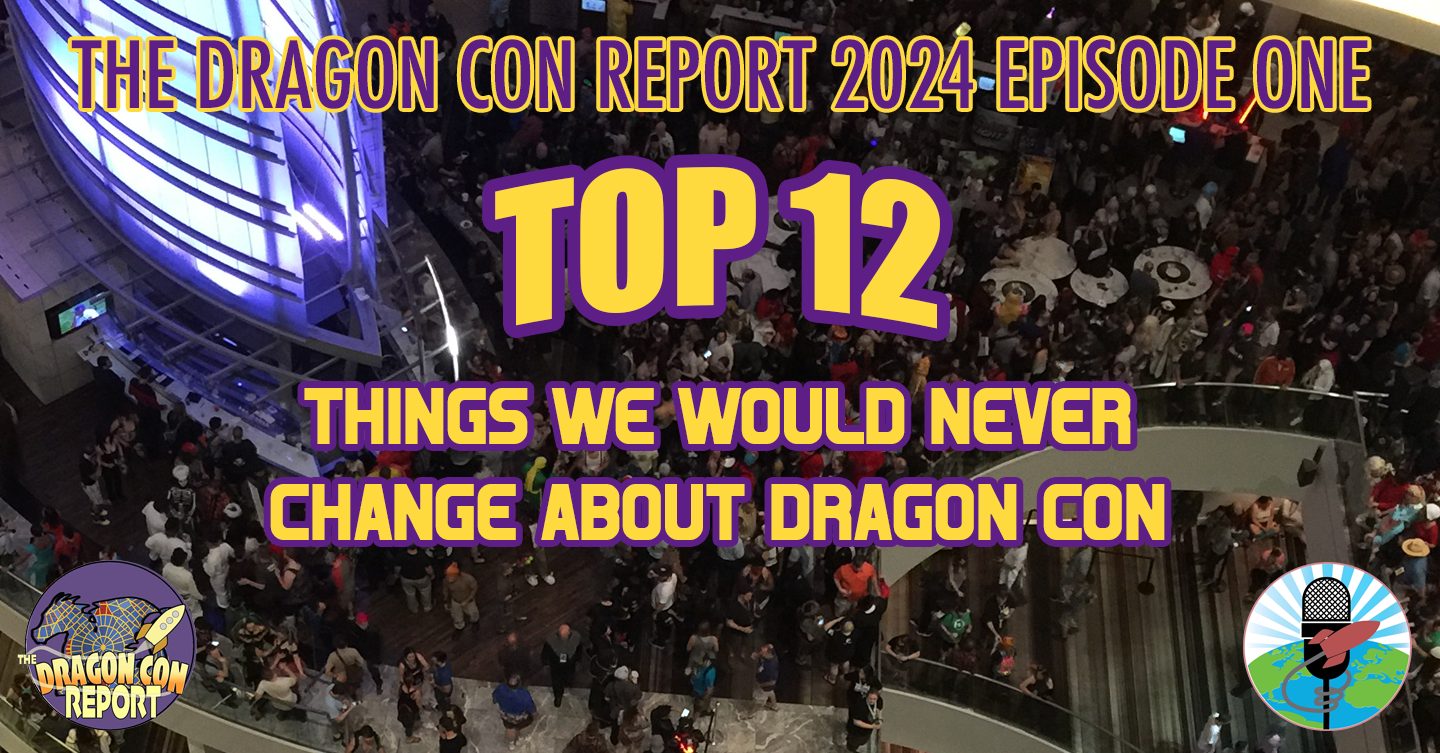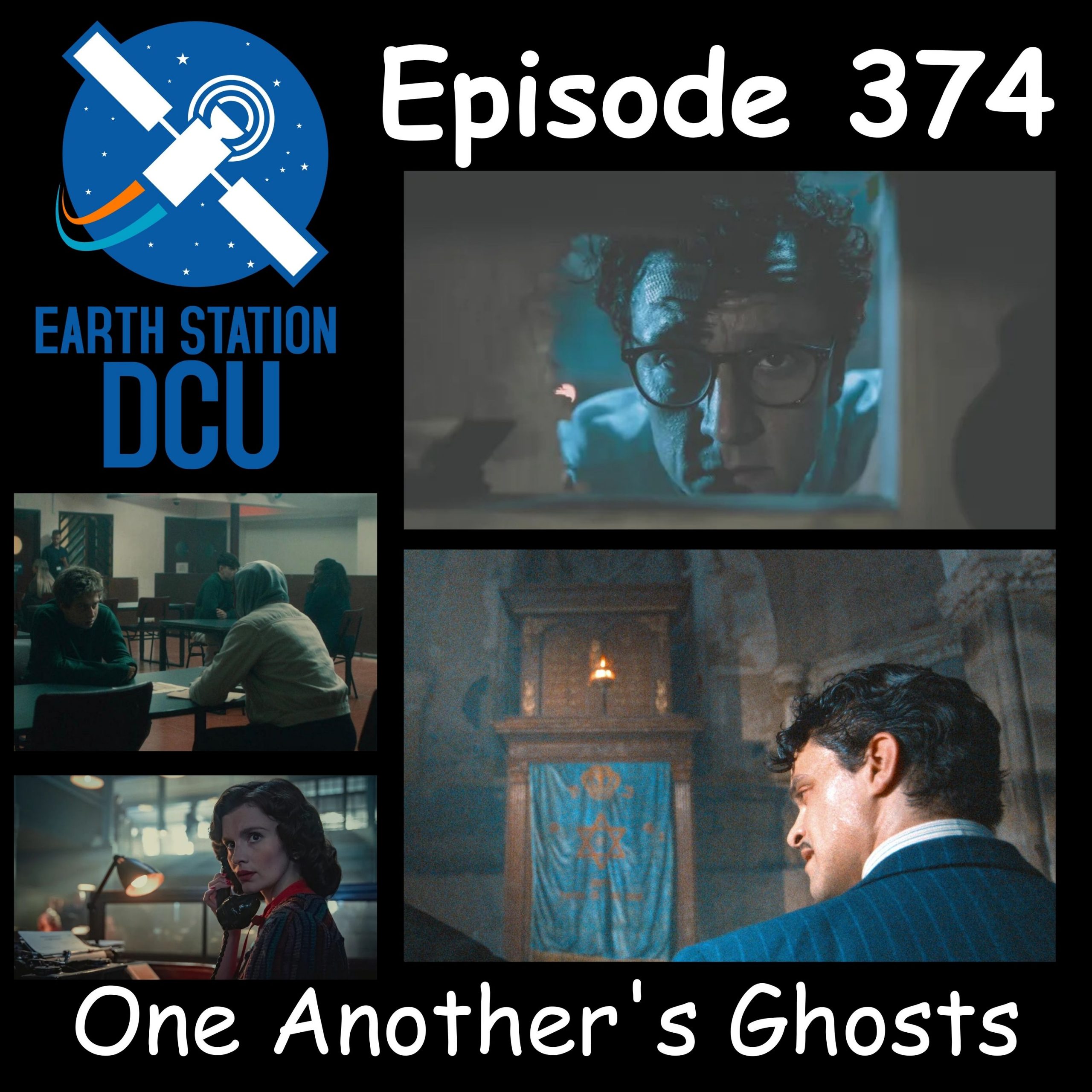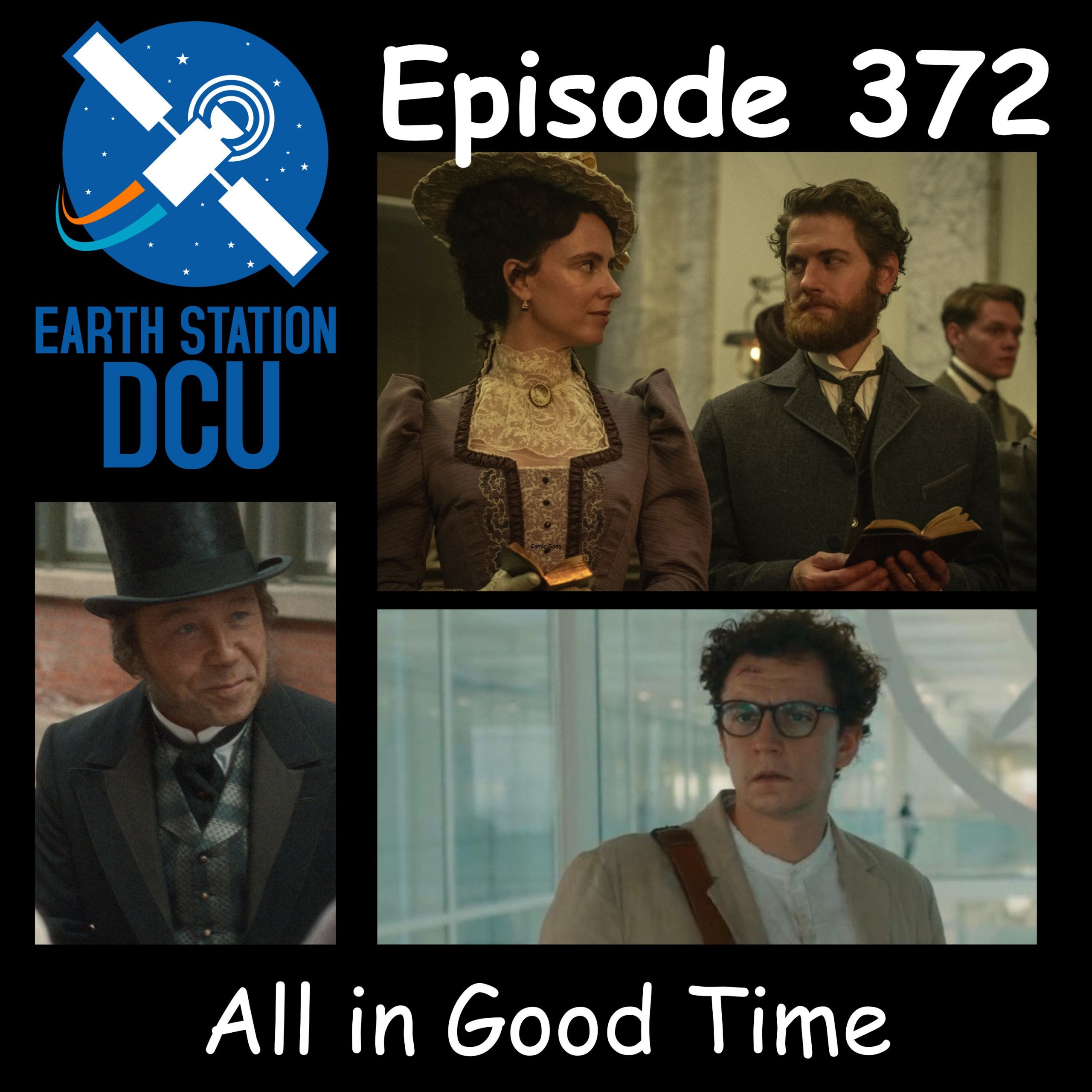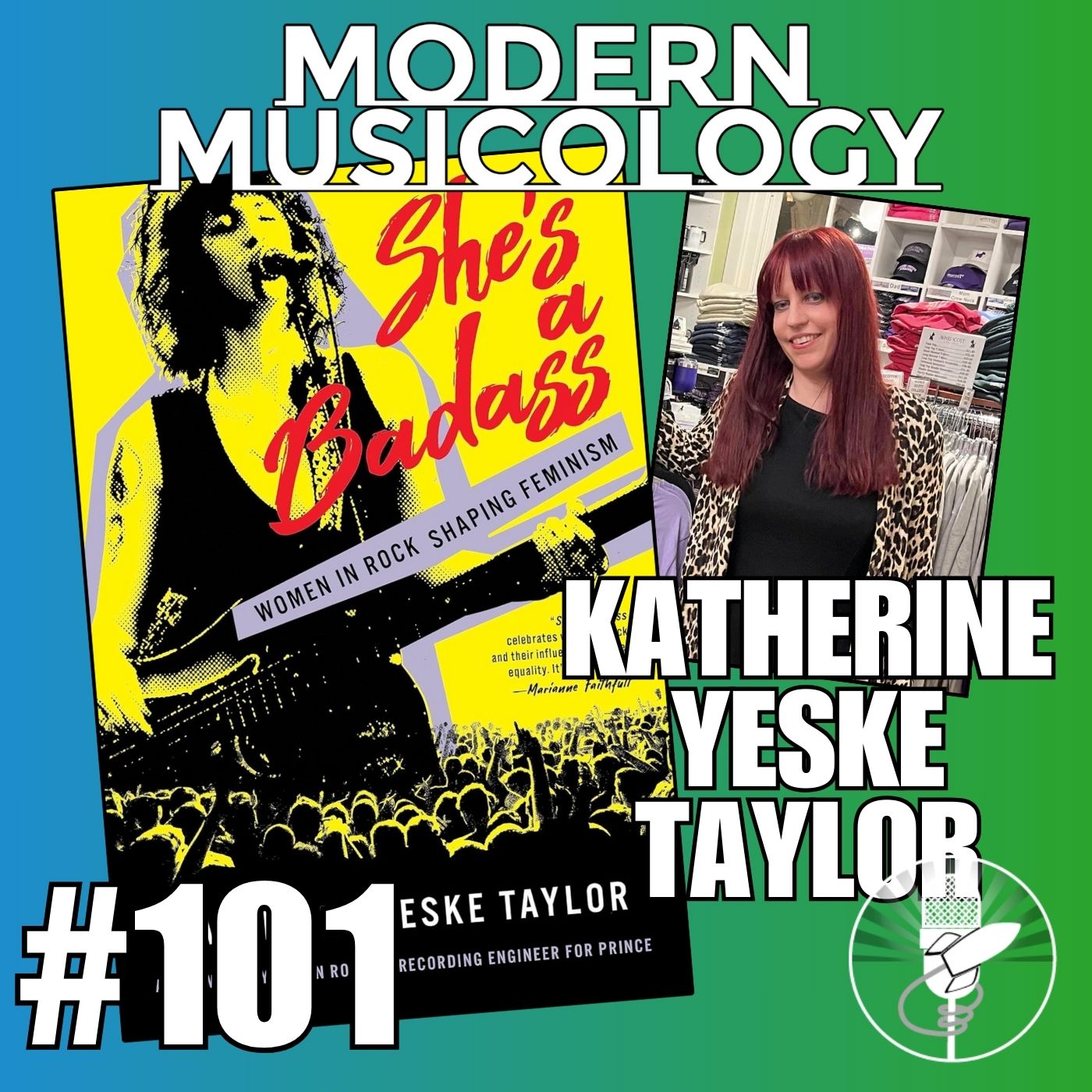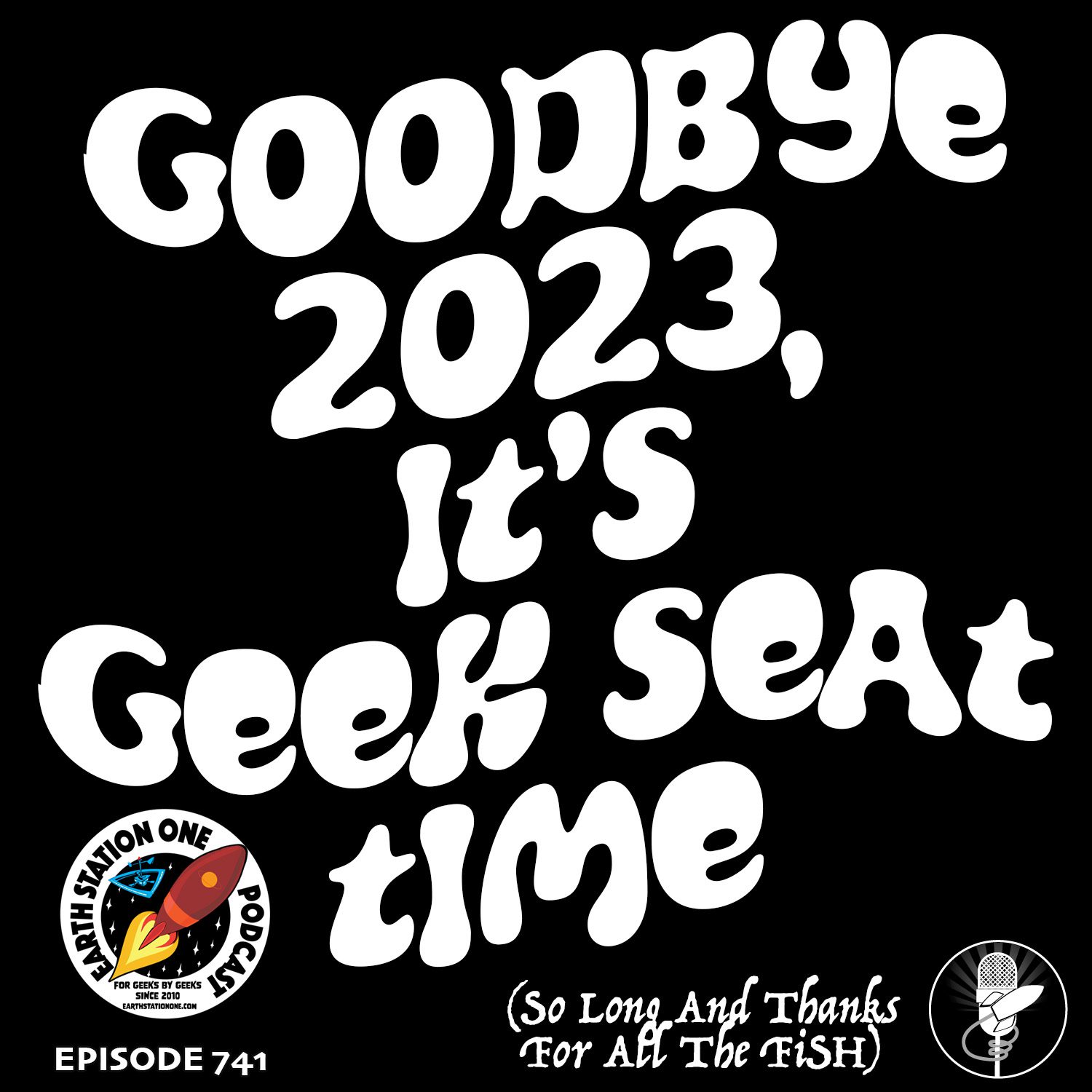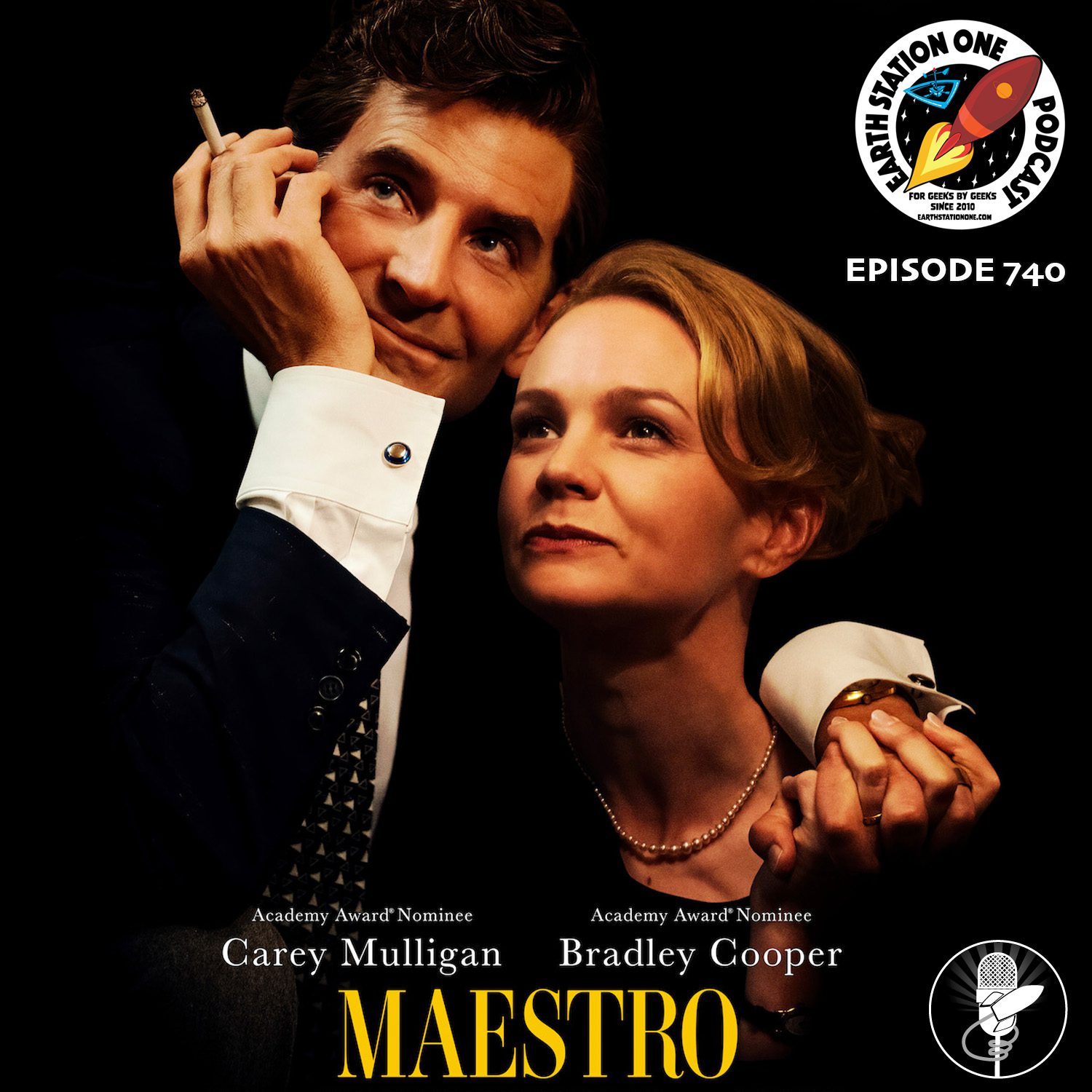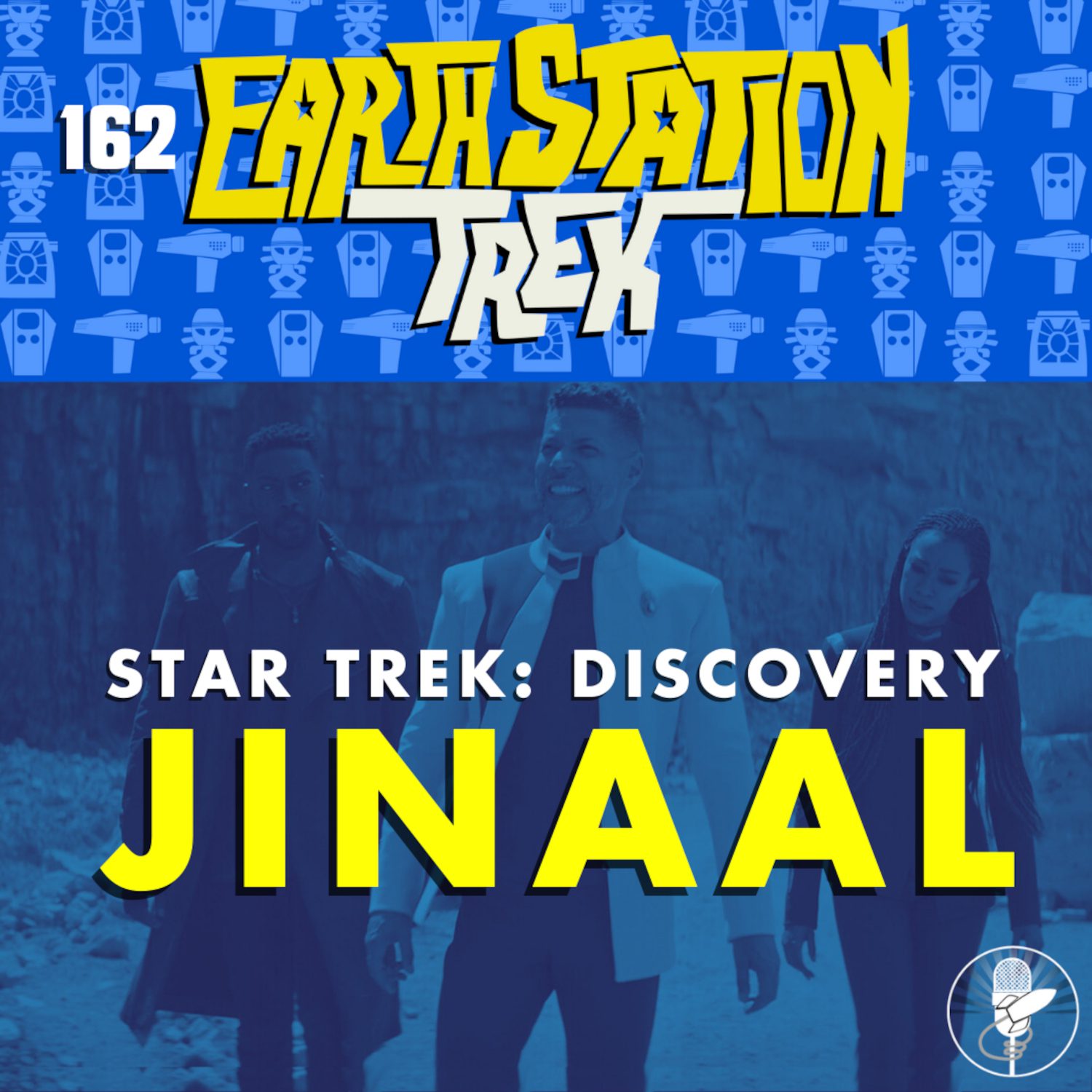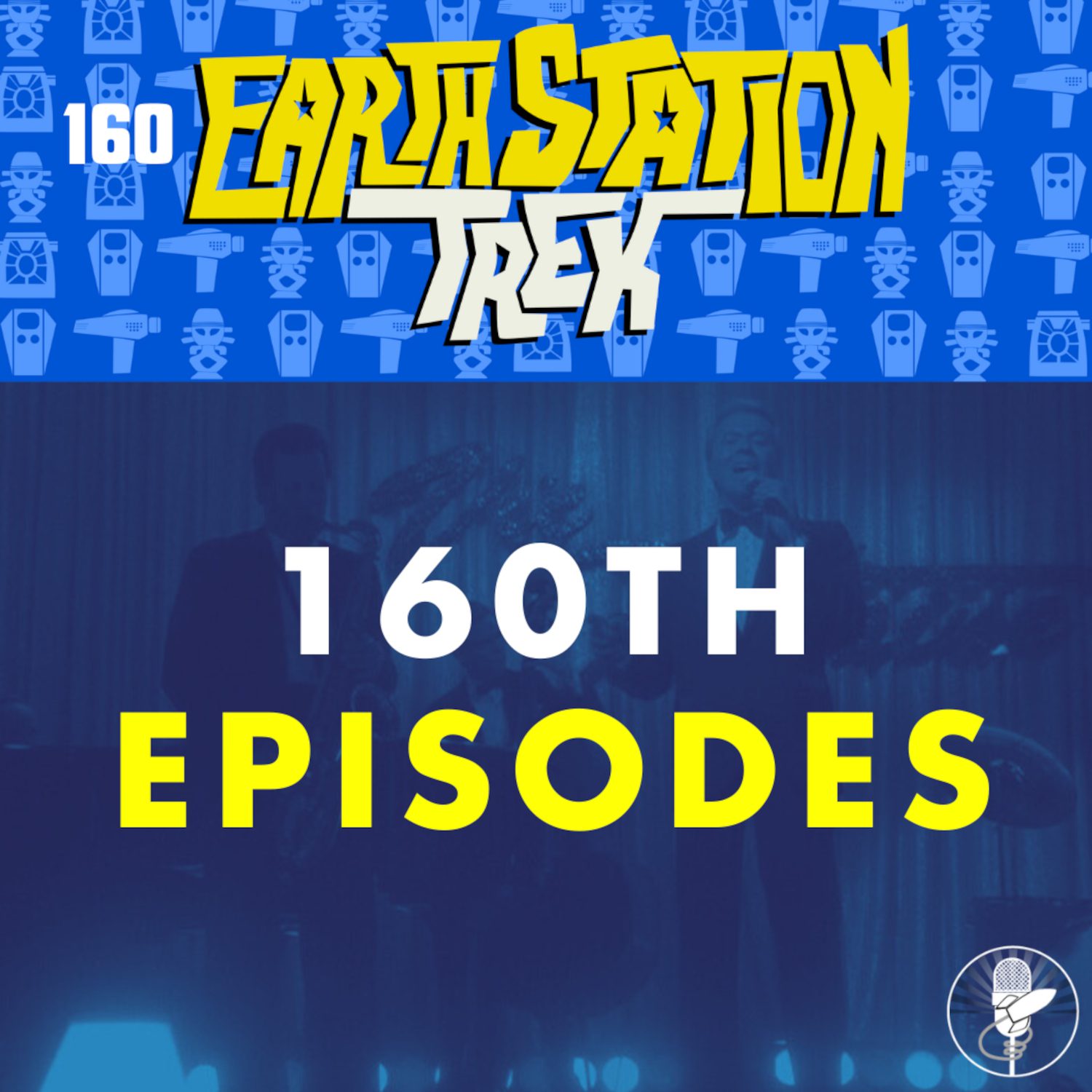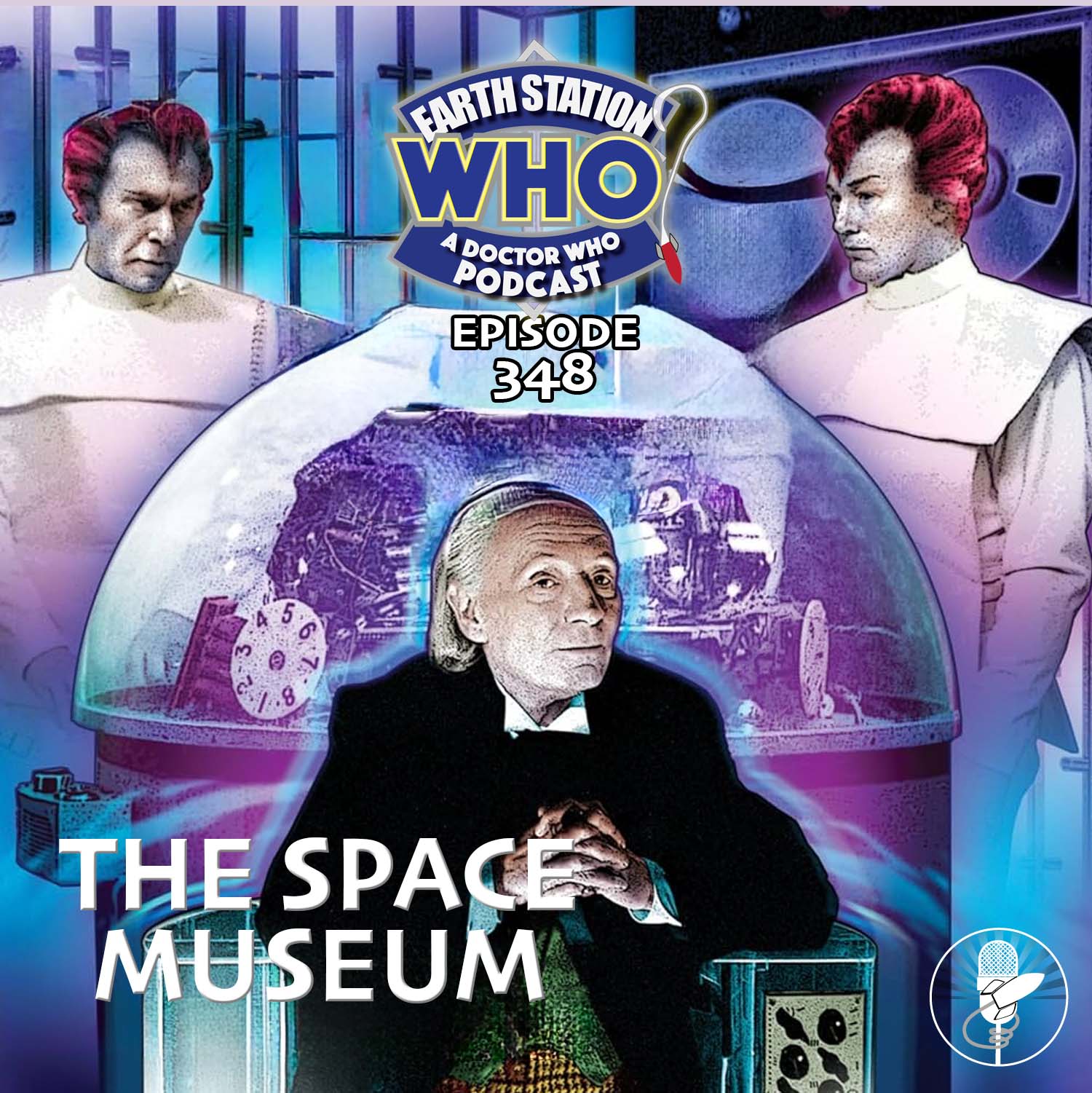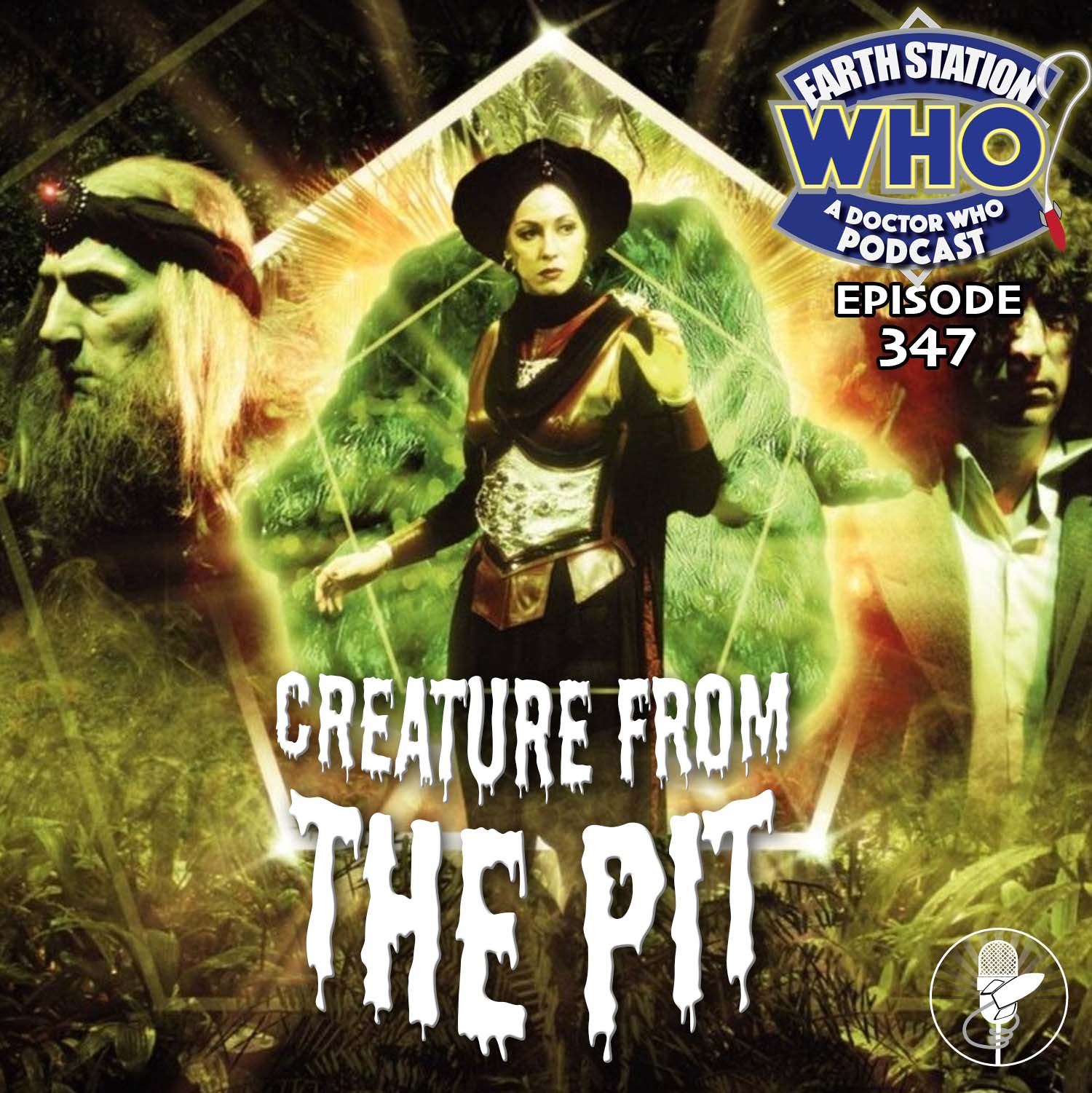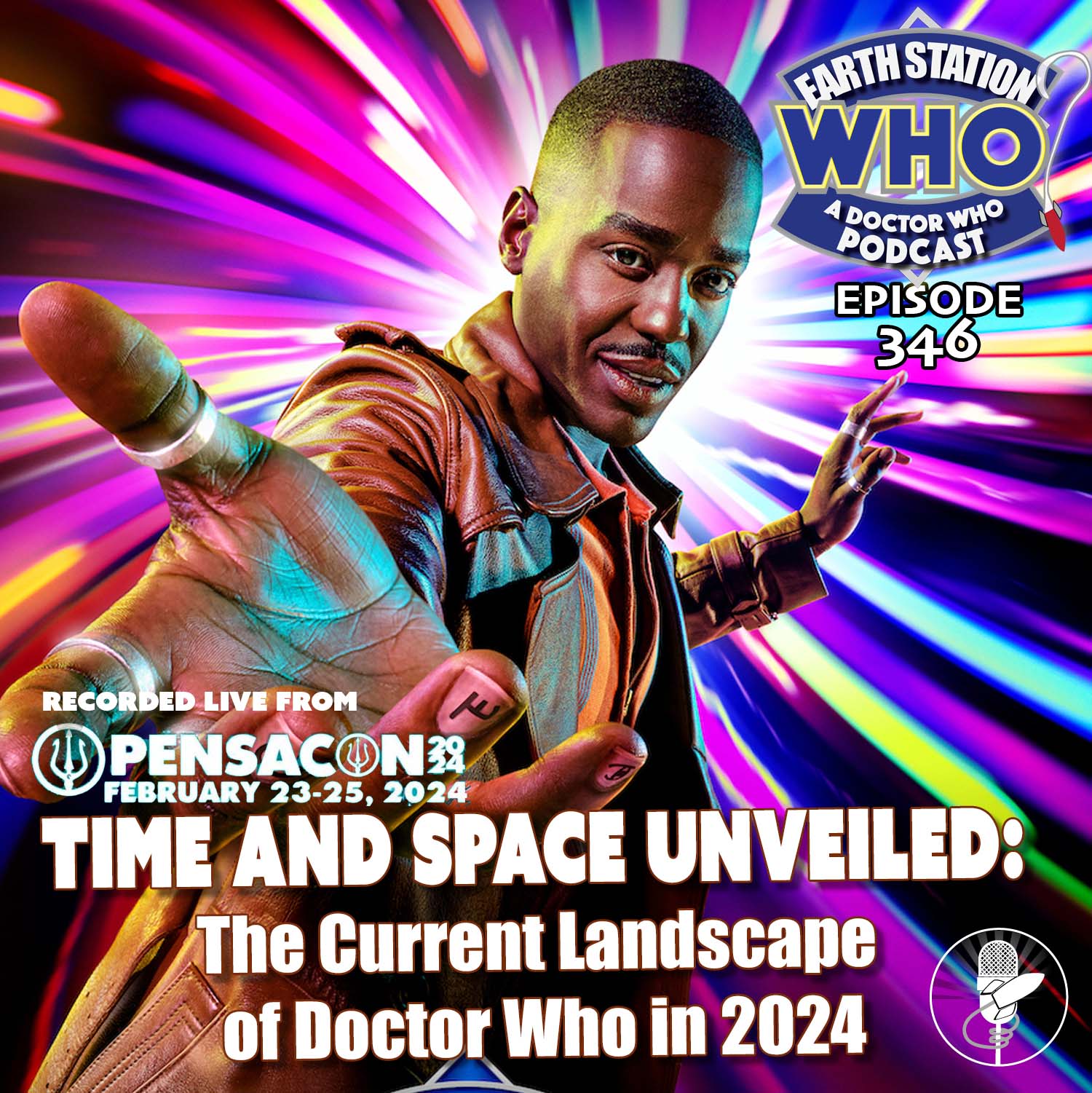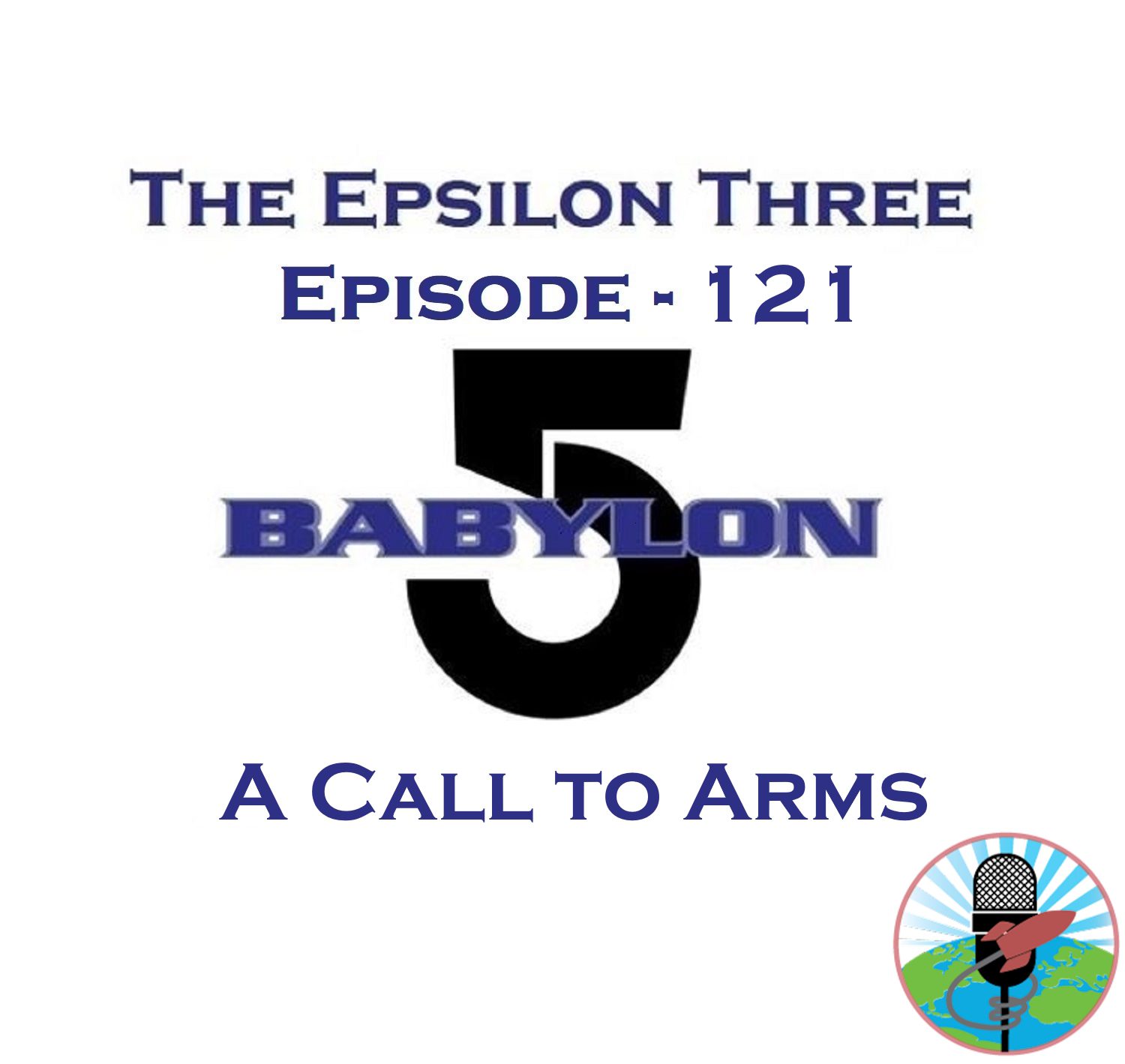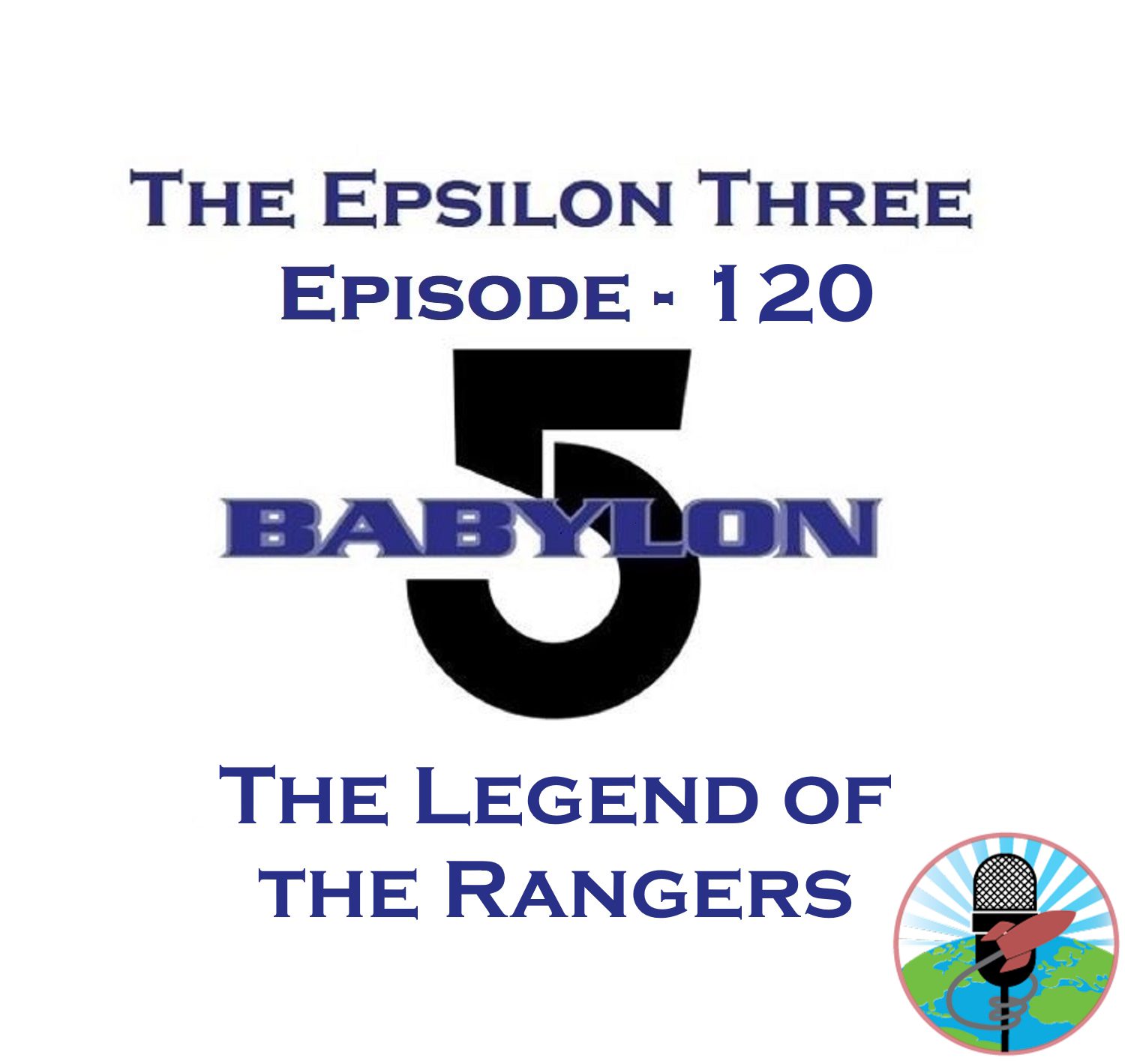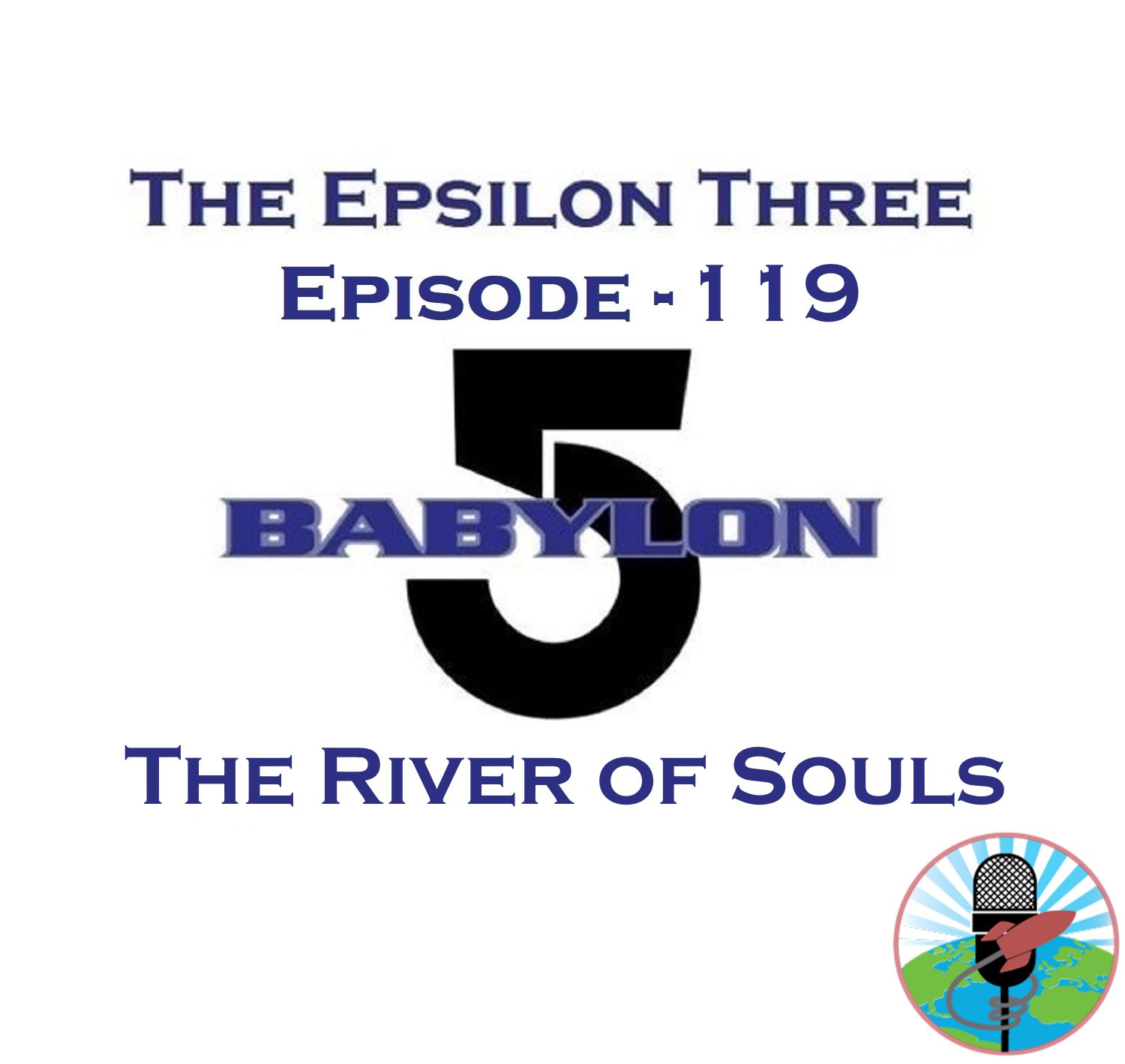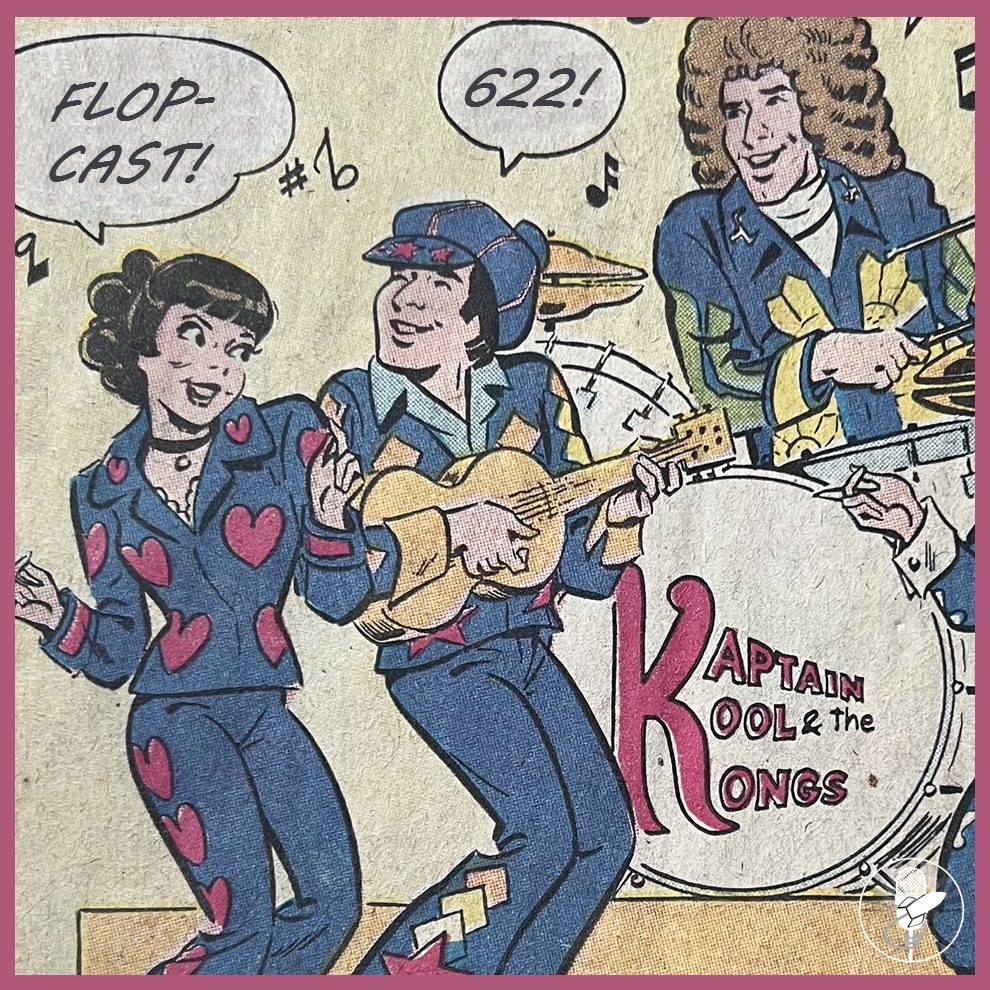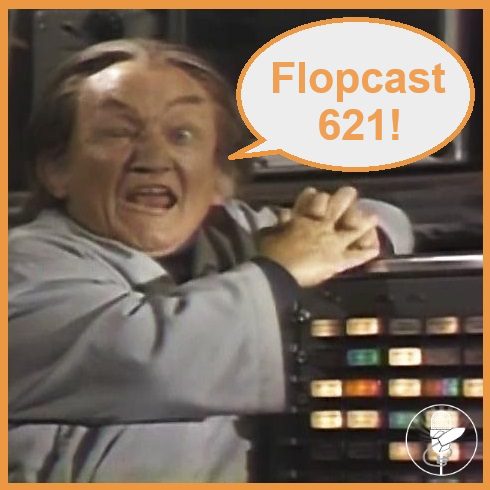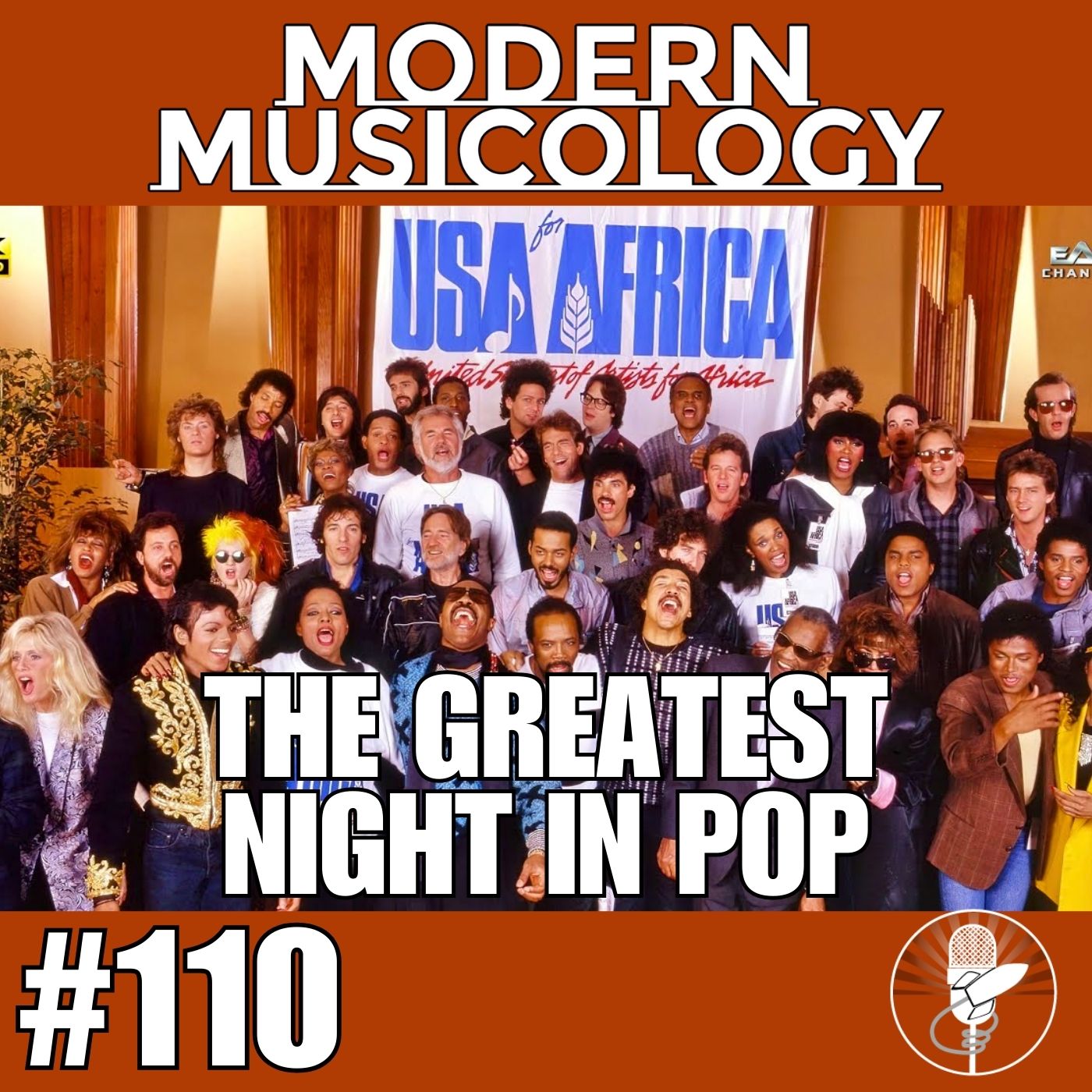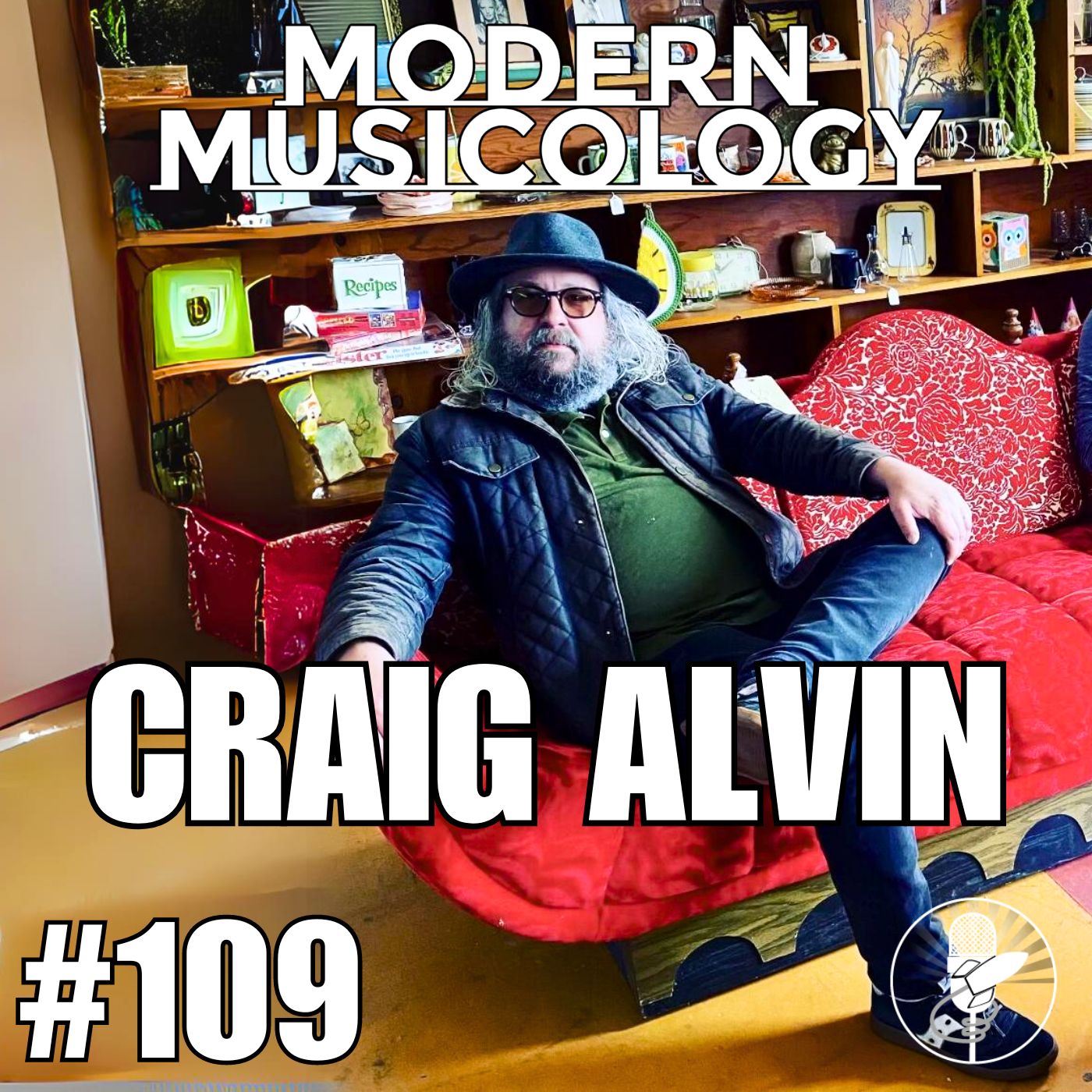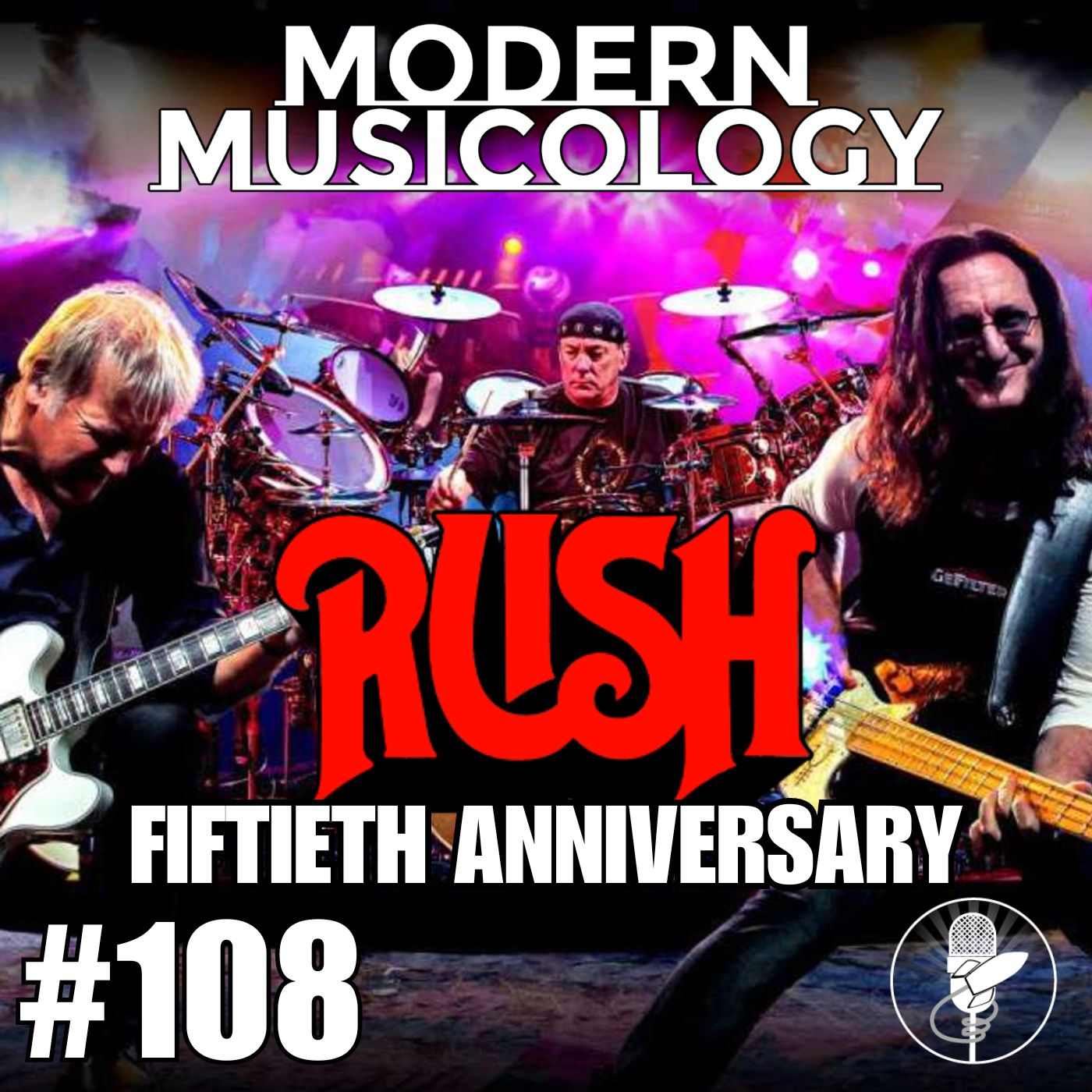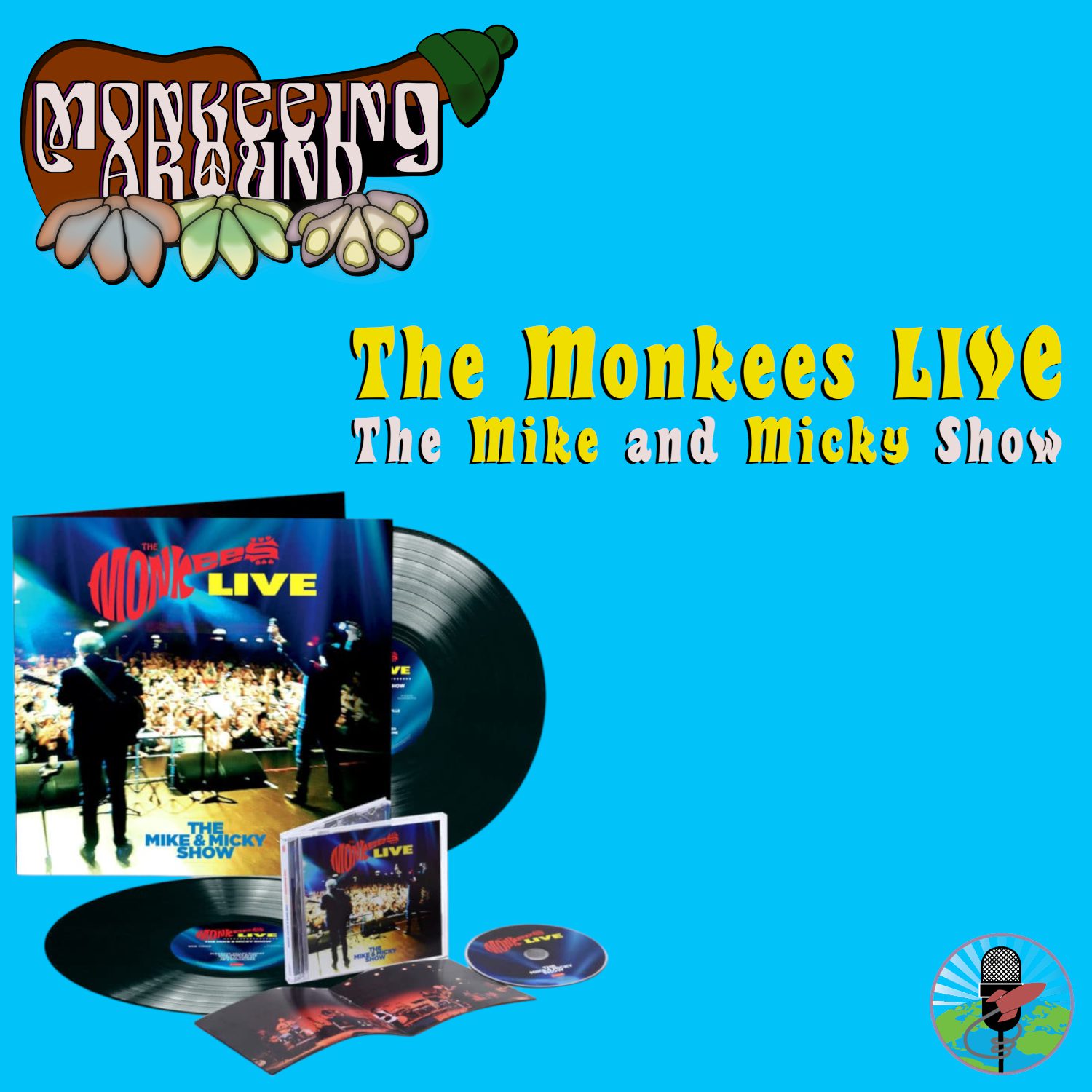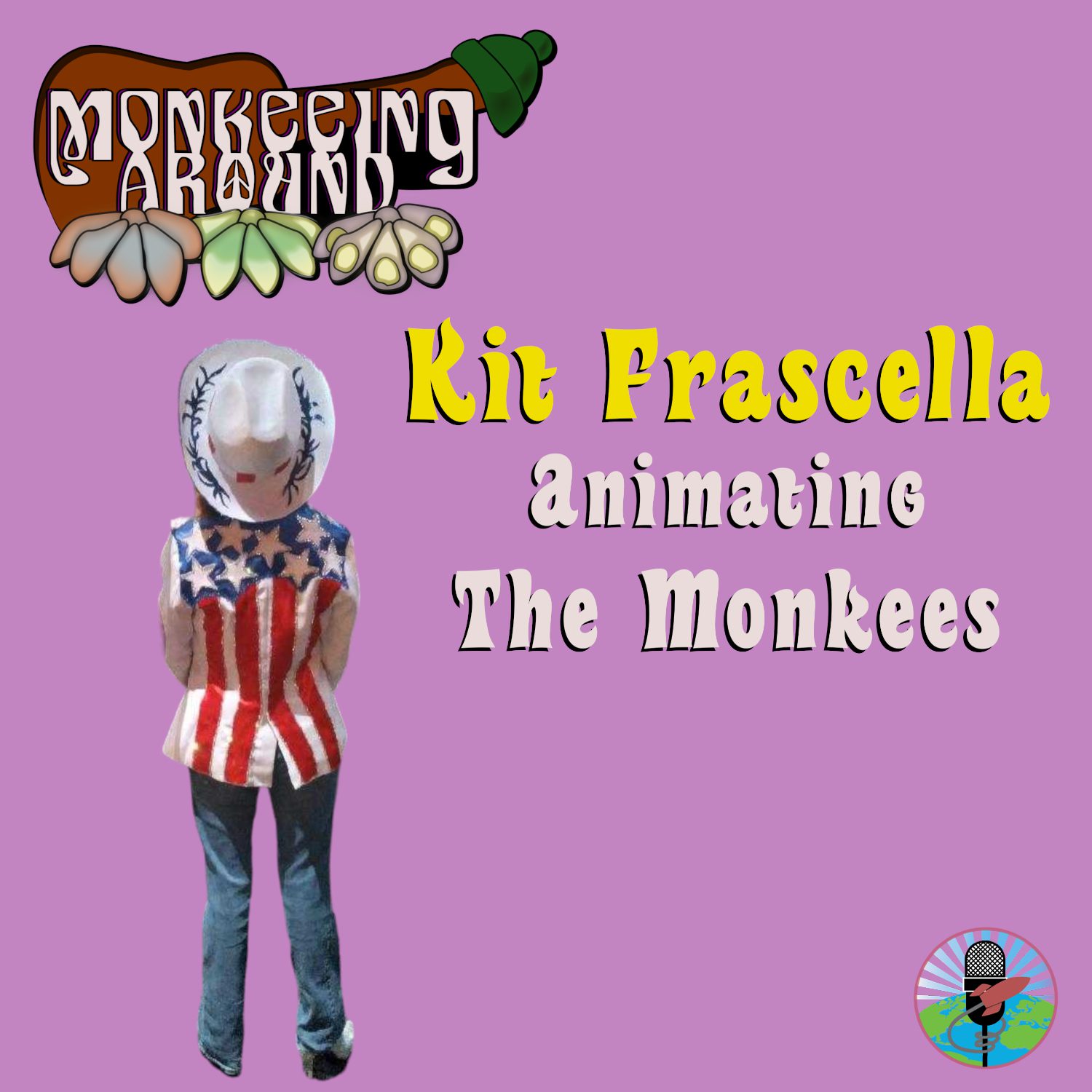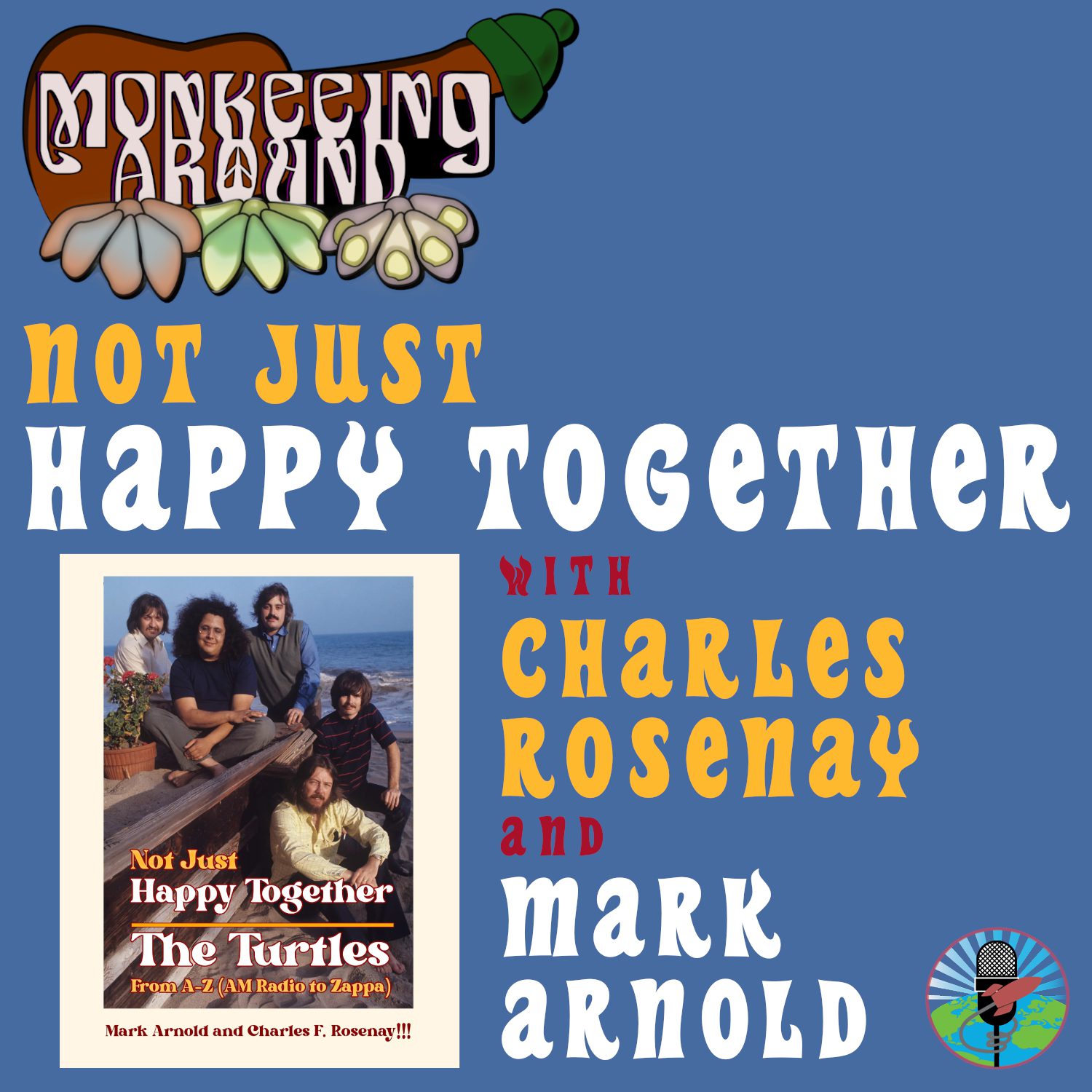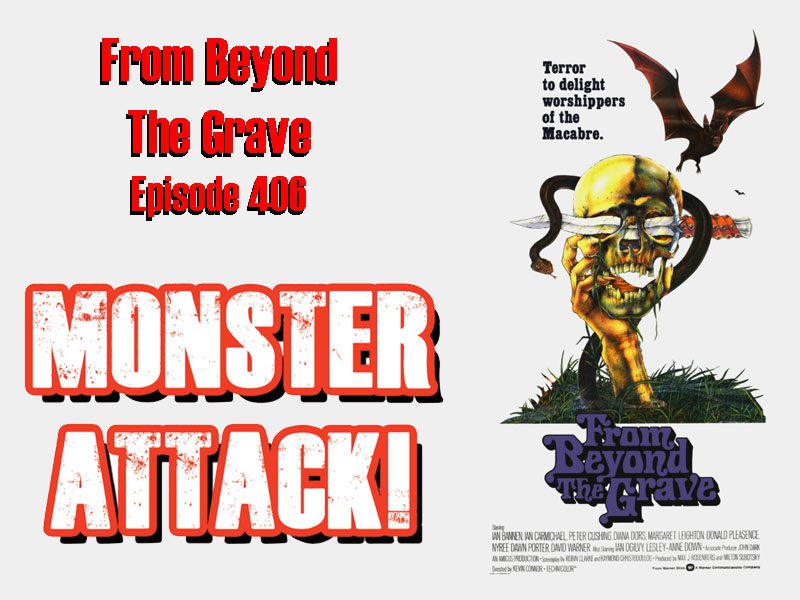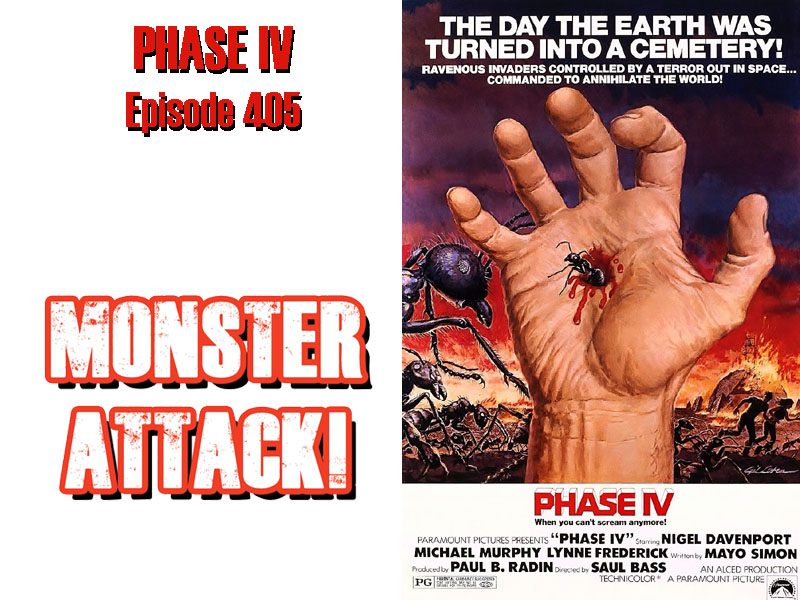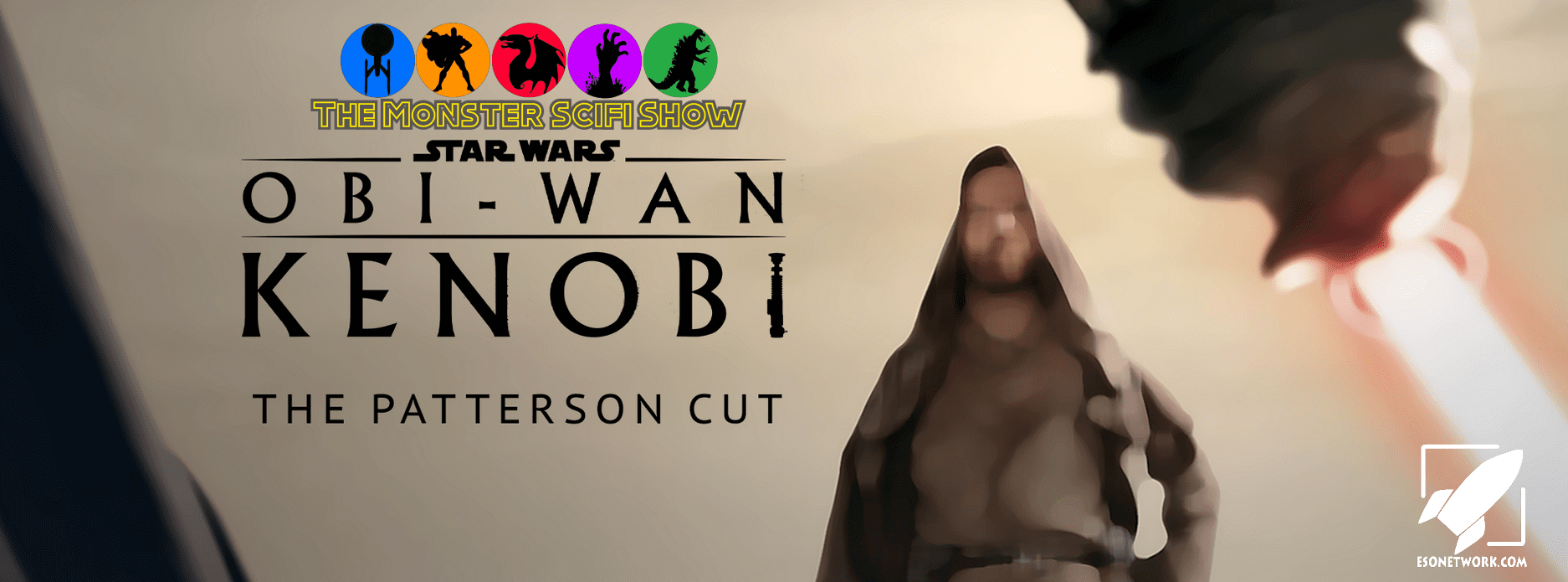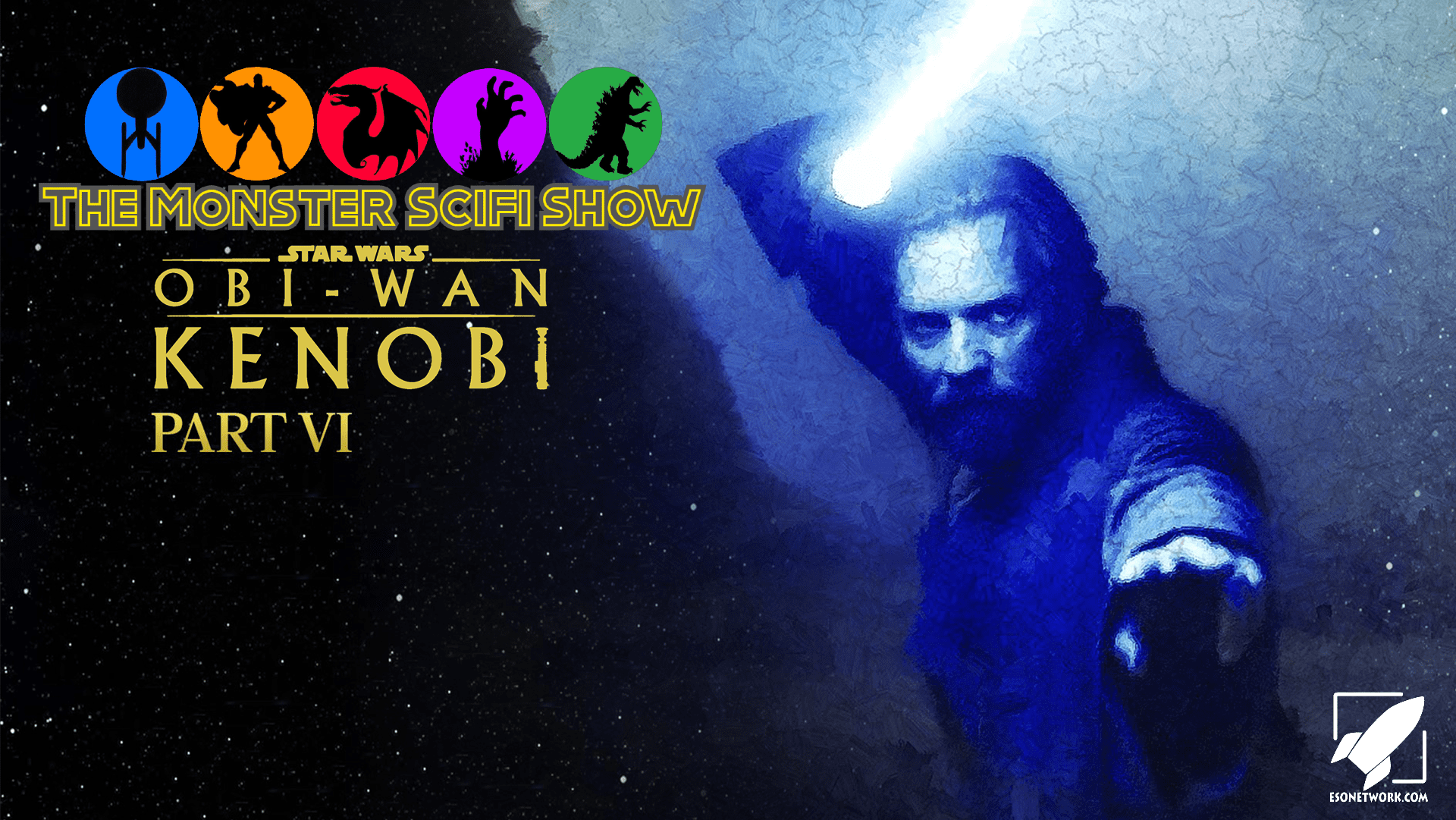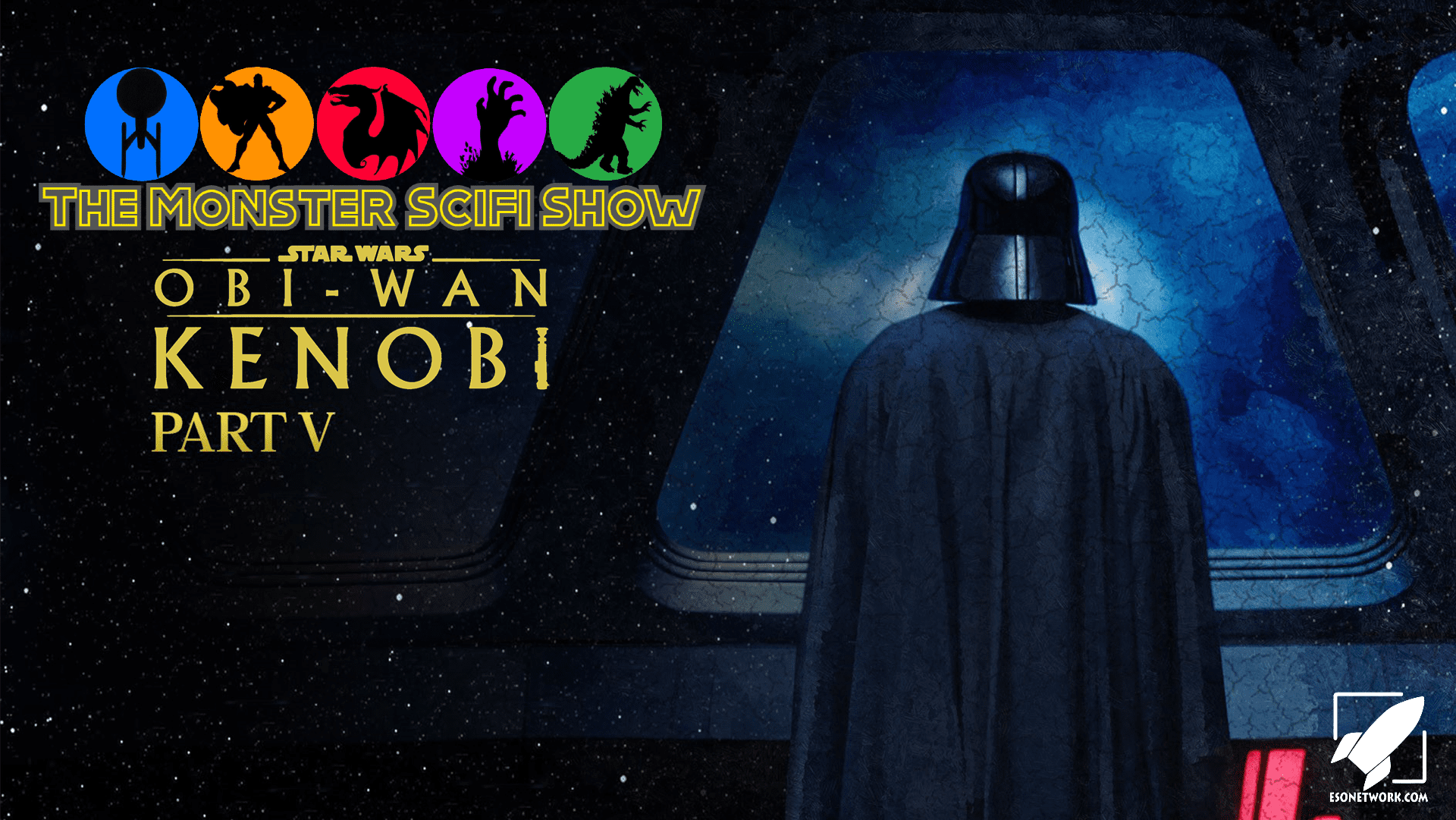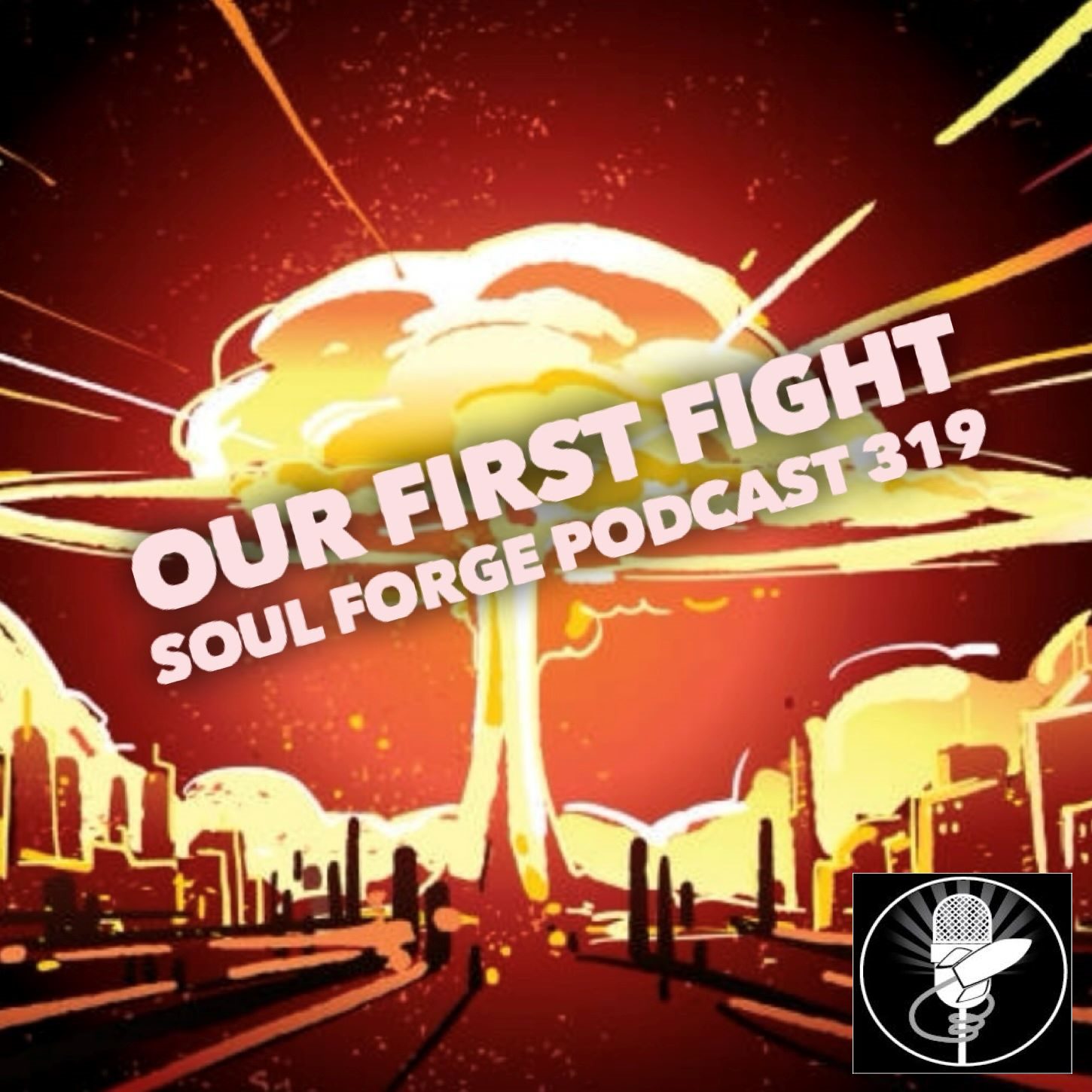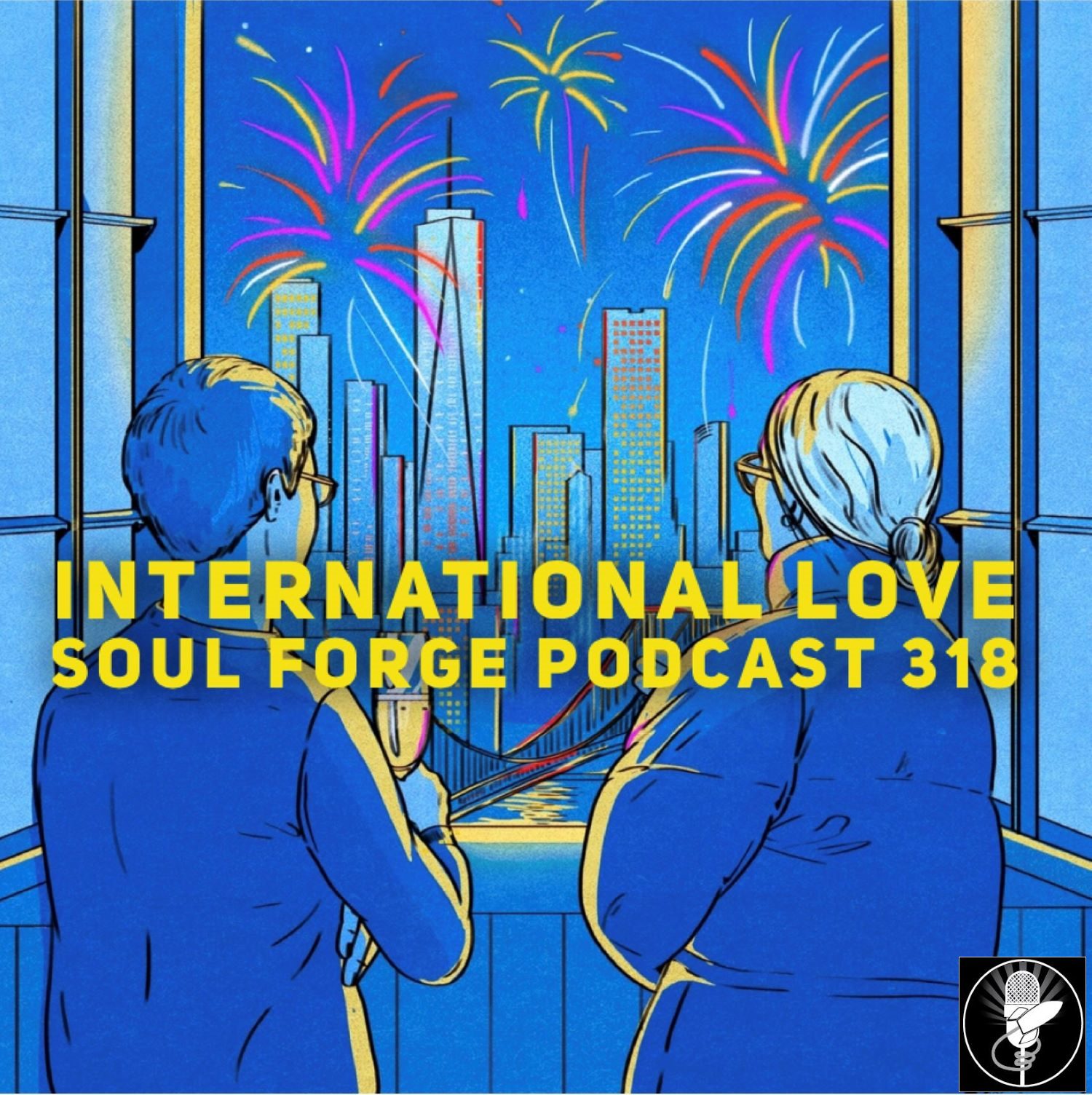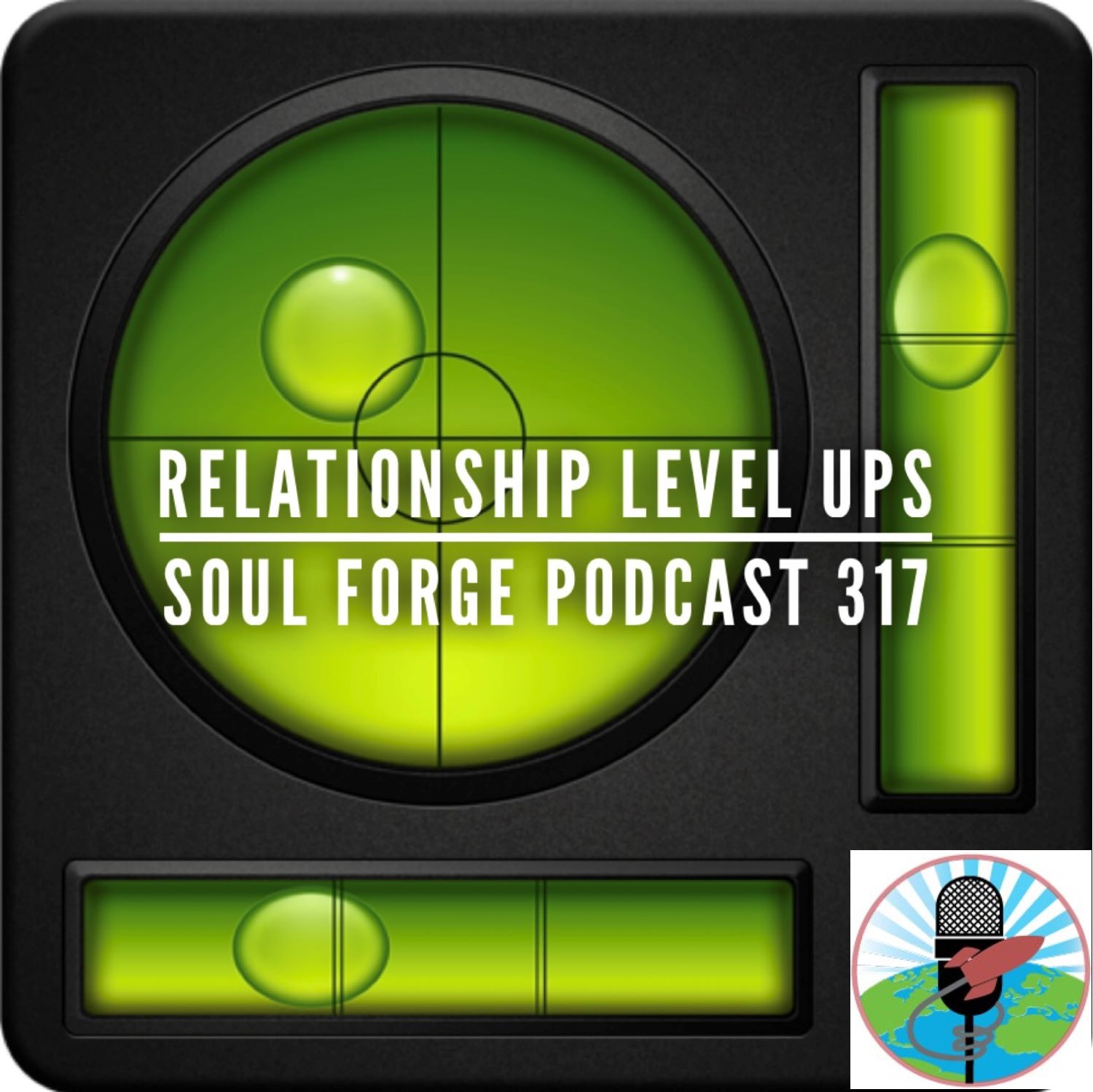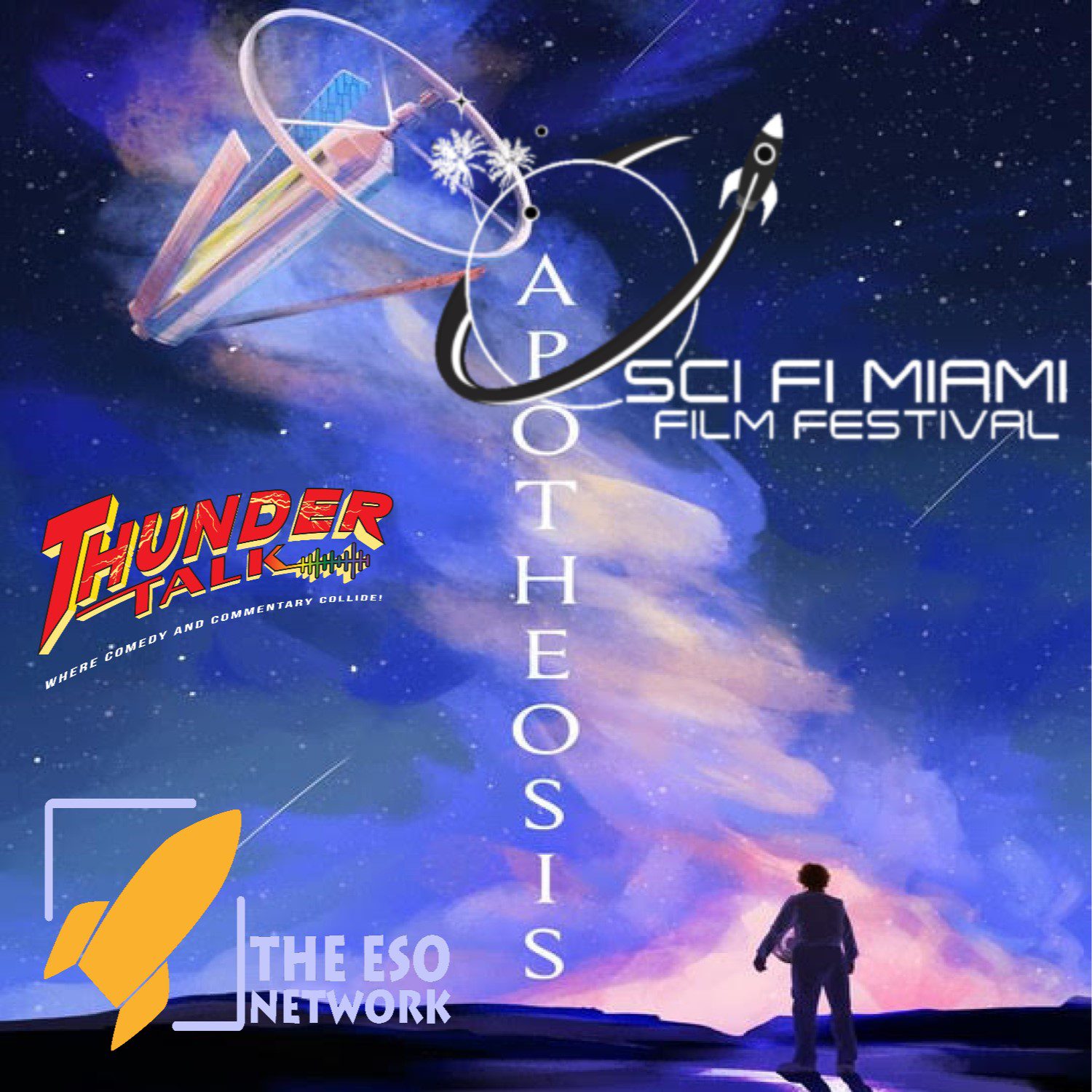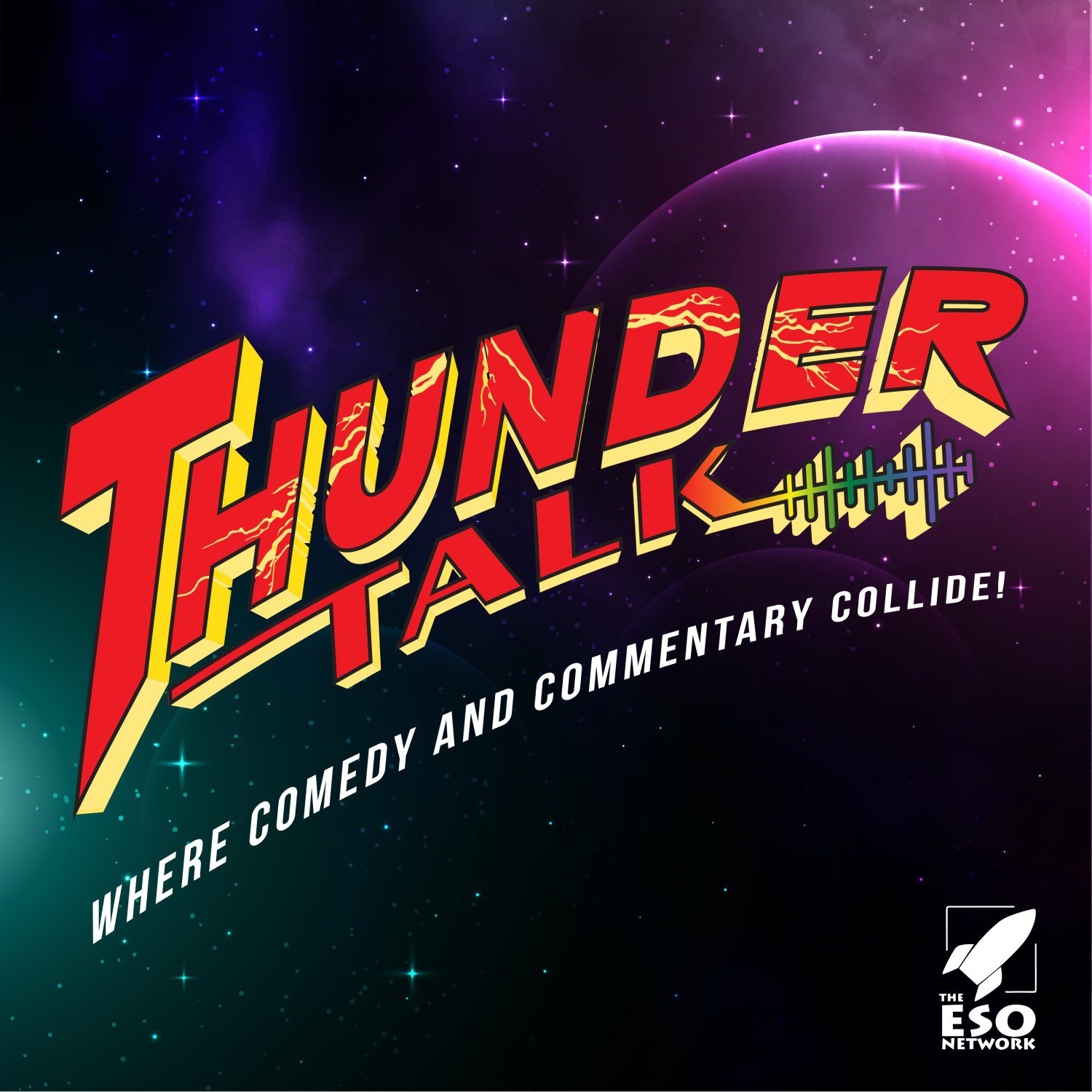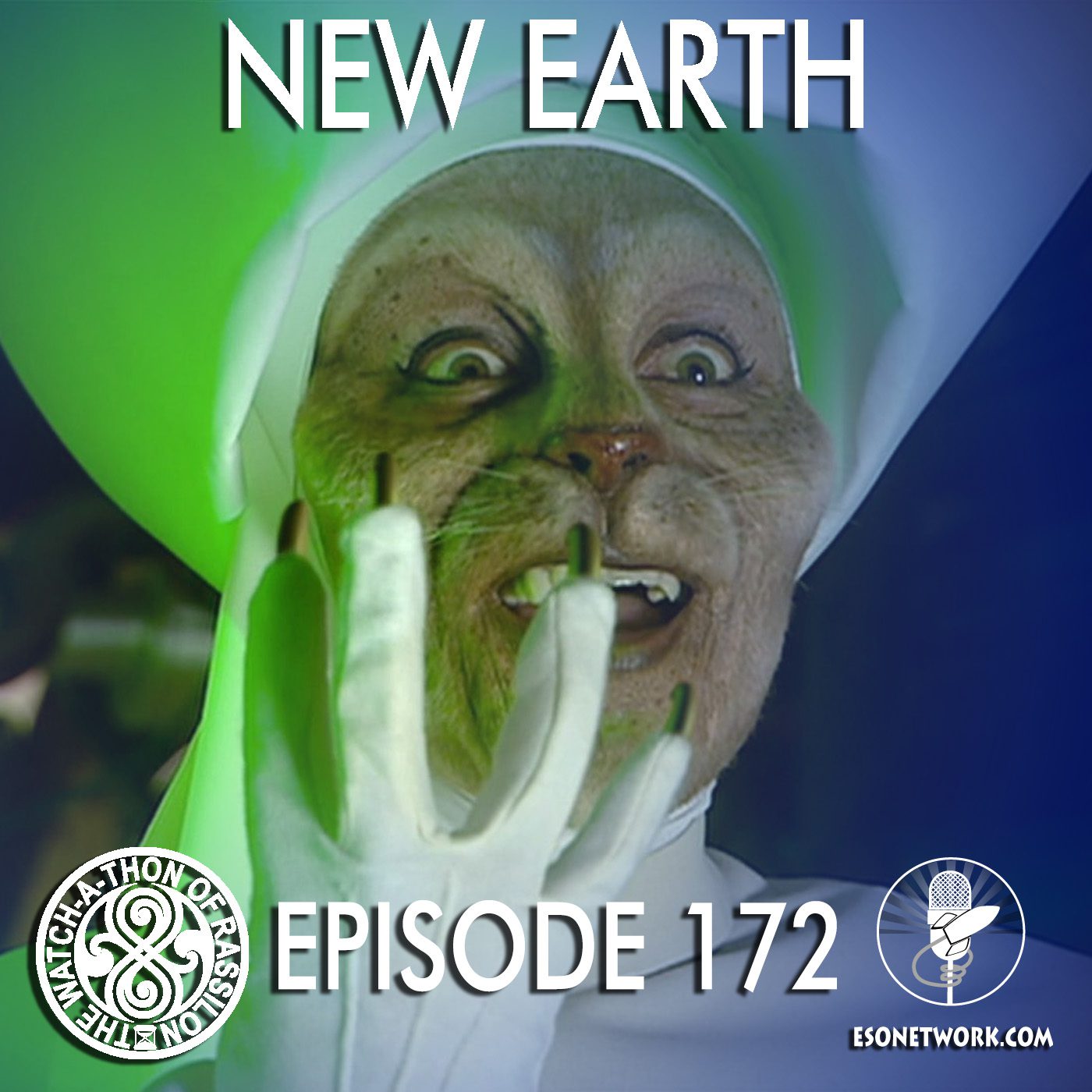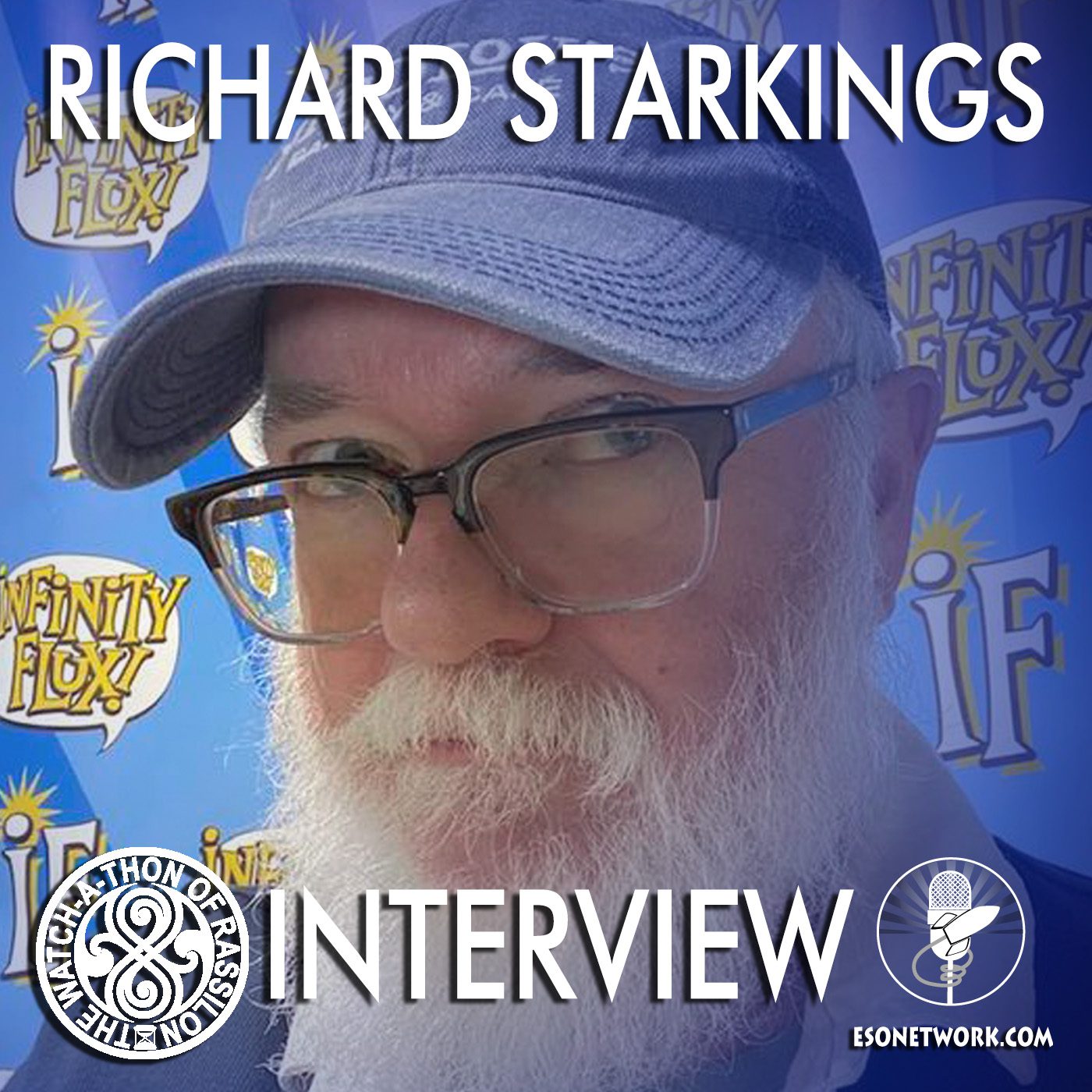At this point, it feels like I’m the last person in all of my social circles who hasn’t watched Game of Thrones.
I know that’s probably not true, but as a geek, it feels weird not being part of the discussion surrounding such a hugely popular fantasy TV series. However, by the time I started experiencing major “fear of missing out,” the show was almost over.
So, I decided to wait until the last episode had aired, and then watch the series in its entirety. I’ve already heard a number of spoilers for the show (I know how all the major character arcs end, and I know who ultimately ends up on the coveted Iron Throne).
While knowing these spoilers does take away from the suspense somewhat, I thought this prior knowledge might actually make for an interesting viewing experience. Since I know how the story ends, I can watch for clues along the way, to see how the writers get our characters from beginning to end. I won’t be worried about how certain character arcs wrap up; instead, I can watch this series more through the lens of wanting to see if the writers justify how we arrive at the ending.
I’ve heard the controversy surrounding the show’s final season, and I’m curious how knowing some of the criticisms ahead of time will impact my overall perception of the show. Also, after eight years of buildup, can this show live up to the hype?

Political games
***Warning: From here on, there are tons of spoilers for the entire series!***
In terms of narrative scope and cinematography, Game of Thrones is probably the most impressive TV series I have ever watched. A lot of times, you can tell that TV shows have smaller budgets than big screen movies, but all the costumes, sets, and special effects here are top-notch. It really helps create an immersive world that can compete with the caliber of most any big-budget blockbuster.
One of the things that first intrigued me about Game of Thrones was its similarity to real-life history: the Wars of the Roses in medieval England. A couple years ago, I fell down what I’ll lovingly call a “historical rabbit hole” triggered by the BBC miniseries “The Hollow Crown: The Wars of the Roses.” This miniseries covers several of Shakespeare’s historical plays depicting the Wars of the Roses, a brutal period in England’s history plagued by conspiracies, betrayal, backstabbing, and fierce competition for power. (Sound familiar?)
Anyway, I was so intrigued by this show that I immediately went searching for books on this time period, so I could learn more about it. During this time, my husband was forced to hear a LOT about the Wars of the Roses, and he very patiently listened to all the reasons I found this time period so fascinating. (Side note: “The Wars of the Roses: The Fall of the Plantagenets and the Rise of the Tudors” by Dan Jones is a great read, if you’re curious. And if you’re missing Game of Thrones, you should definitely watch “The Hollow Crown.”)
Apparently original Game of Thrones author George R.R. Martin at least somewhat shares my obsession, as he reportedly used the Wars of the Roses as inspiration for his own series.
Despite the show’s fictional setting, there’s a sense of “realness” that grounds Game of Thrones, and I believe this in no small part contributes to the show’s popularity. Plus, even though we may no longer live in medieval times, political maneuvering and backstabbing are behaviors that are still going on today (just look at some of those political mailers that inevitably show up in your mailbox around election time).

Who’s who in Westeros
There’s probably never been an ensemble cast quite like the distinguished crew of actors gathered for Game of Thrones, many of whom have gone on to successful careers outside the show. In terms of characters, if you’re looking for noble knights and benevolent rulers, you’ll have a hard time finding them here. However, there’s more nuance to be found than you might first suspect.
After the first couple of episodes, I felt pretty sure that ALL the Lannisters deserved to be pushed out a very high window. Yet as I kept watching, I could tell some of these characters were going to get a deeper, more layered character arc. I’m definitely #TeamStark all the way, but I am intrigued by pretty much all the major characters. And of course, you always need a few characters that you love to hate (looking at you, King Joffrey!).
This show is grittier and bleaker than a lot of the fantasy stories I’ve read or watched previously, and it took me a couple episodes to adjust to the tone. I would say there’s more villains than heroes, but again, I can see several characters that may wind up as anti-heroes or even heroes at the end. There’s a lot of tragedy to be found in Westeros, as well; I can see how some of the nastier characters, like Cersei, have been trapped by their circumstances. It’s an environment that doesn’t exactly allow them to flourish and become their best selves.
Sadly, one of my favorite characters is already gone (R.I.P. Eddard “Ned” Stark — Westeros was not worthy of you!). He’s noble, loyal, and genuinely trying to do the right thing and protect his family. Tragically, he’s outmaneuvered in the game of thrones going on around him, and the price he must pay is his life.
While I’d like to watch more of the show before commenting on what themes I think it’s trying to communicate, I have heard some say that Game of Thrones presents more of a nihilistic viewpoint, where it doesn’t matter if you try to be a moral person. However, I don’t think that’s necessarily the case. Ned Stark isn’t rewarded for doing the right thing, but I’d argue that you should do the right thing because it’s the right thing — whether you’re rewarded or not. Sometimes in life, bad things happen to good people. That doesn’t give you an excuse to just give up and be a bad person.
Ned Stark’s selflessness gets him killed, but, because I already know the ending, I find it fitting that one of his children (Bran) claims the throne and another is Queen in the North (Sansa); they become two of the most powerful players in the political games going on around them. Again, I’m curious to see how all these journeys are handled, but at least right now, I believe one very well could argue that Ned Stark does triumph in the end.

Room for improvement
Well, you can probably tell by the fact that I’ve already written 1,000+ words in this article that I’m officially a fan of Game of Thrones now and I’m really glad I decided to start watching this series. But, I feel like I do have to address one of the most common criticisms I’ve seen about the show, because this issue did bother me while I was watching.
If you Google “Game of Thrones and its portrayal of women,” you’ll find multiple articles on how the series has not always done right by its female characters. And it’s frustrating, because we live in an era with Wonder Woman, Rey, Katniss Everdeen, Captain Marvel, and so many other authentic and powerful female characters.
A number of the male characters in Game of Thrones don’t treat the female characters with a lot of respect (with the exception of the Stark family — again, I’m definitely #TeamStark all the way!). The writing and cinematography also seem to objectify and sexualize women to a much greater extent than their male counterparts.
On the one hand, yes, this series is based on medieval Europe, and women in that society probably were not treated very well. It’s important to remember that history, so we do not repeat it.
However, this is a fictional fantasy series written and filmed in the 2010s — if you’re going to do a period piece showing a society that is oppressive to women, you need to be responsible in how you showcase that oppression.
Case in point: although unlike Game of Thrones, Downton Abbey has practically no graphic violence, the women in that show are also held back by social constraints. The key difference is that in Downton Abbey, the female characters are given space (and a voice!) to communicate their frustrations and struggles with the limits that their society places on them.
In the first season, I desperately wanted more scenes with all of Games of Thrones’ rich female characters — Cersei Lannister, Sansa Stark, Catelyn Stark, Arya Stark, and Daenerys, to name a few — discussing their fears, thoughts, and feelings. Hopefully I’ll find more of this as the series goes on. I want the show to convince me it cares about its female characters as much as it cares about — and respects — the male ones.
Closing thoughts
Since I started drafting this blog post, I’m now about halfway through season 2, and I’m enjoying it even more than I enjoyed season 1. The show has also added several new female characters, which I’m excited about, and I think the portrayal of the female characters is improving.
I’m planning to keep blogging my way through Westeros as I watch through the stories, and I can’t wait to see more!









